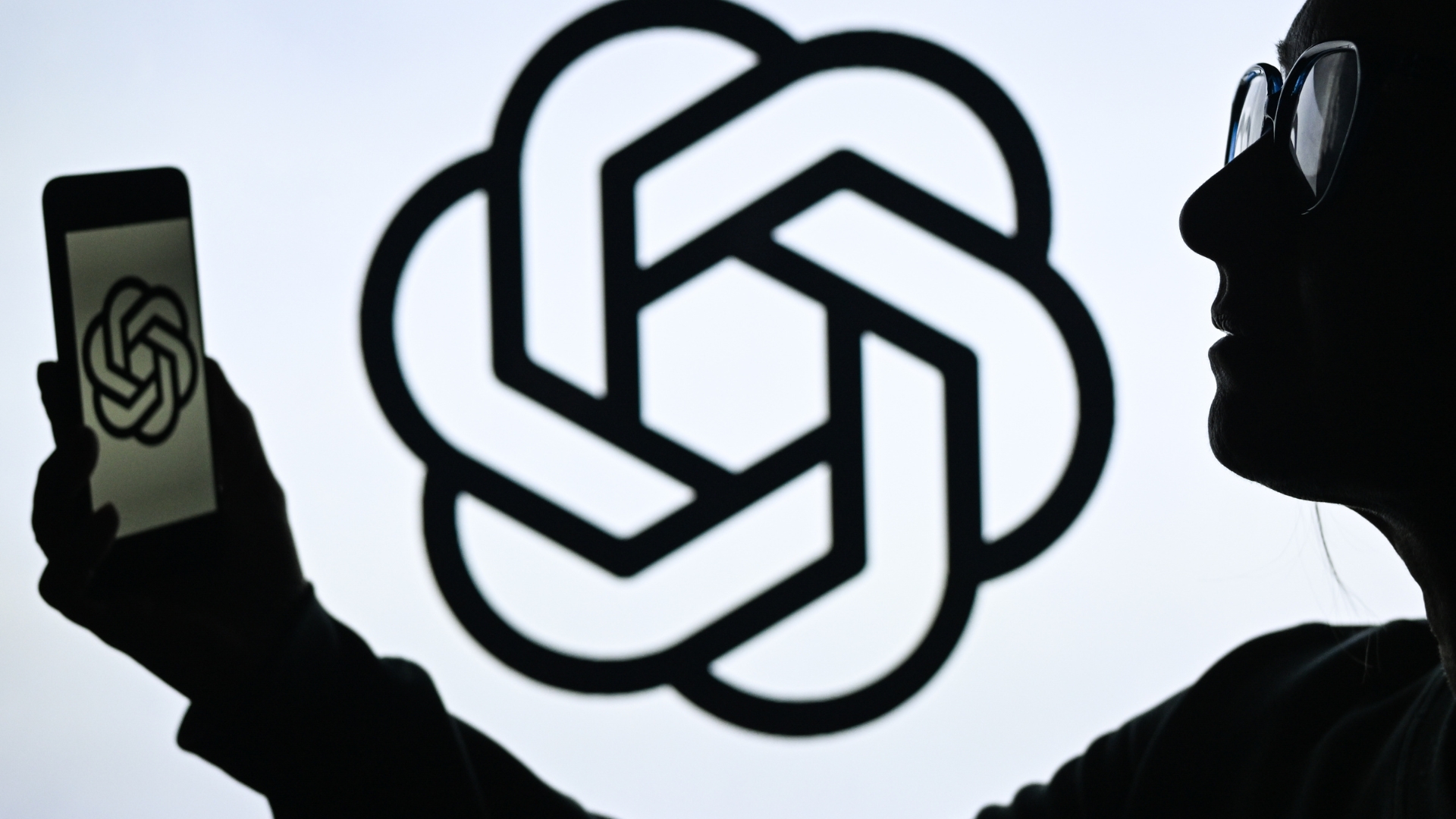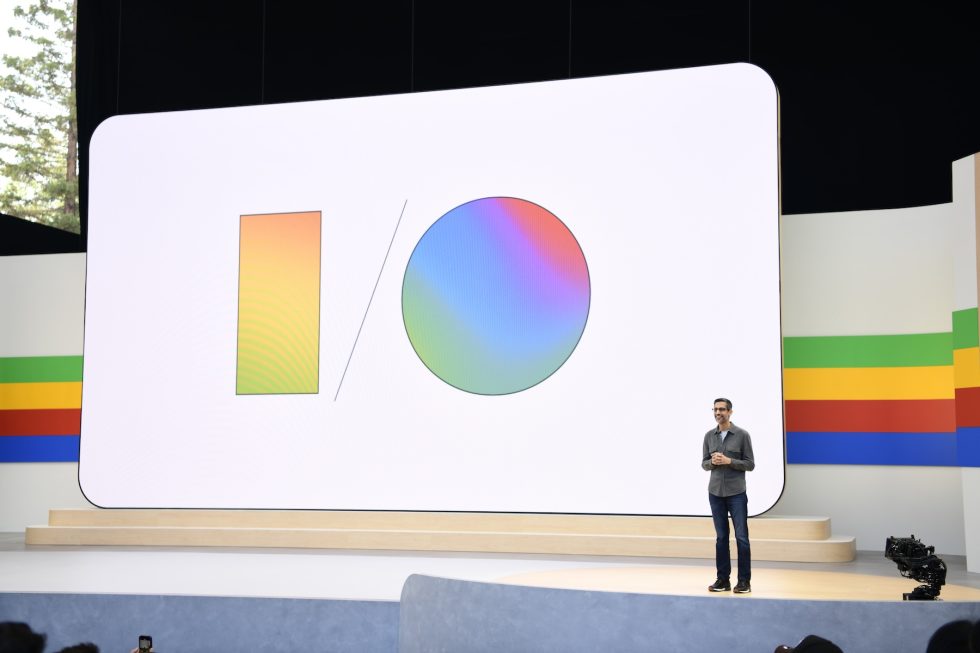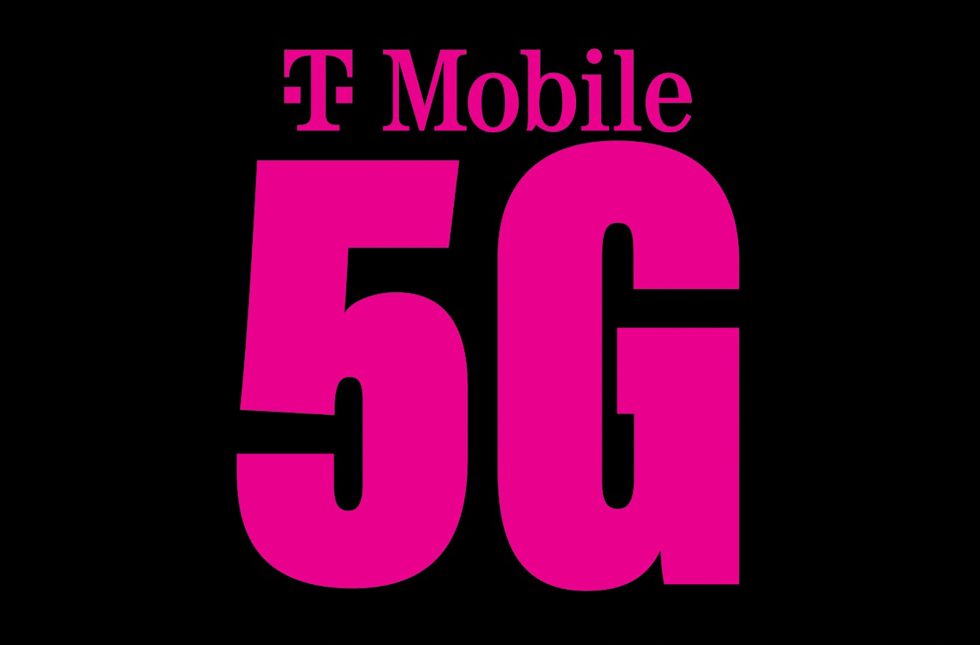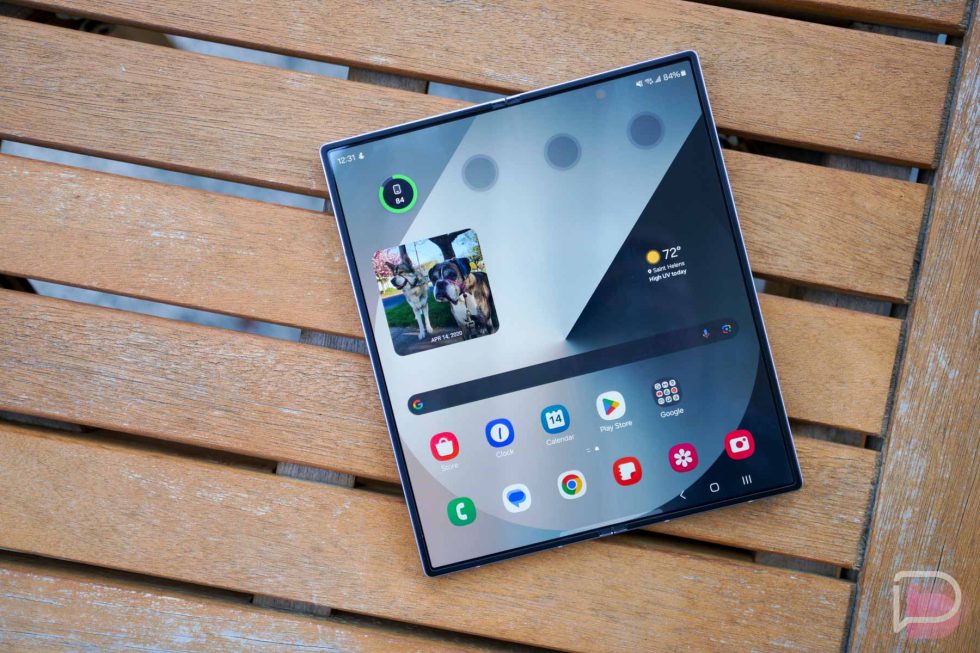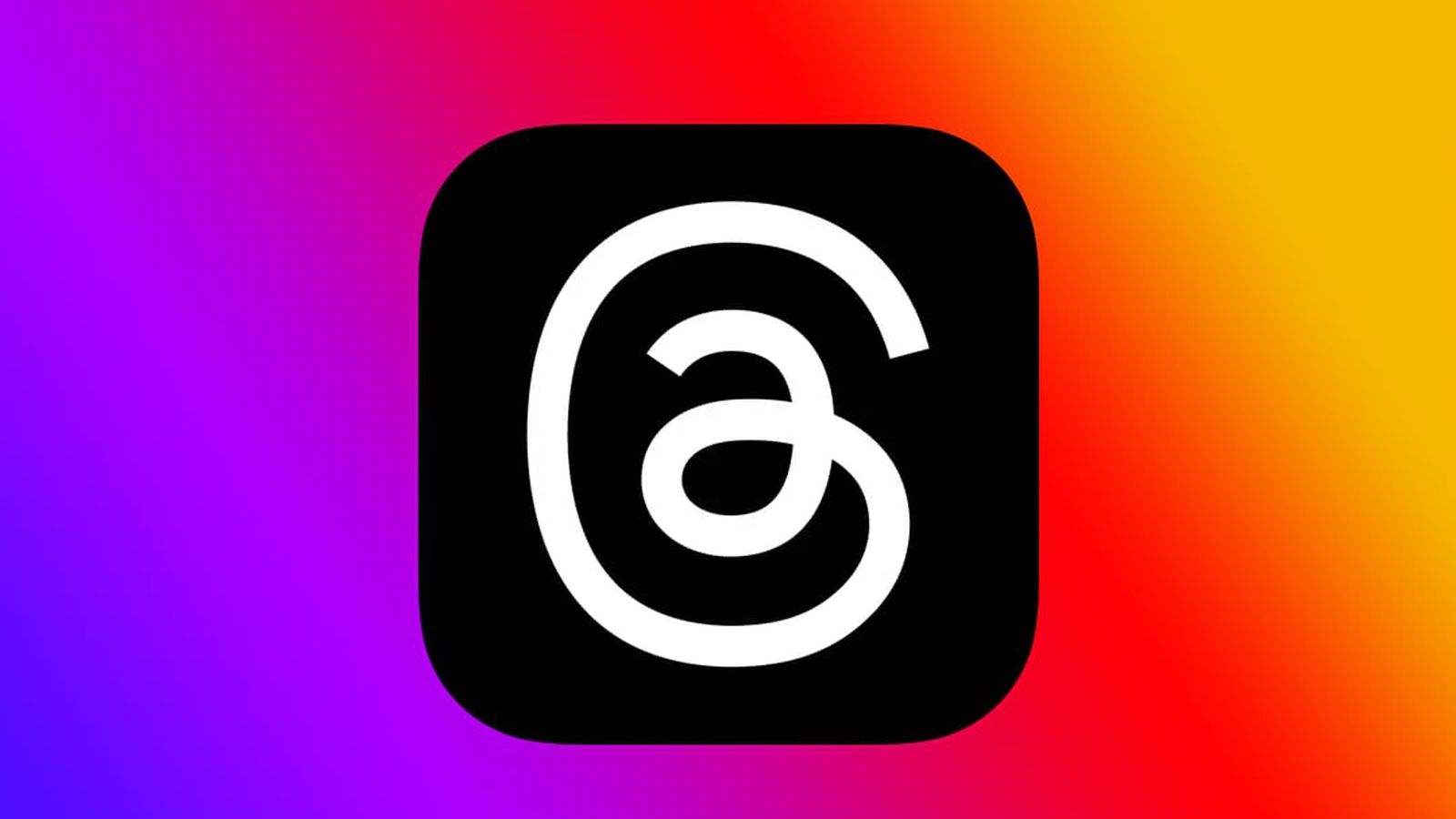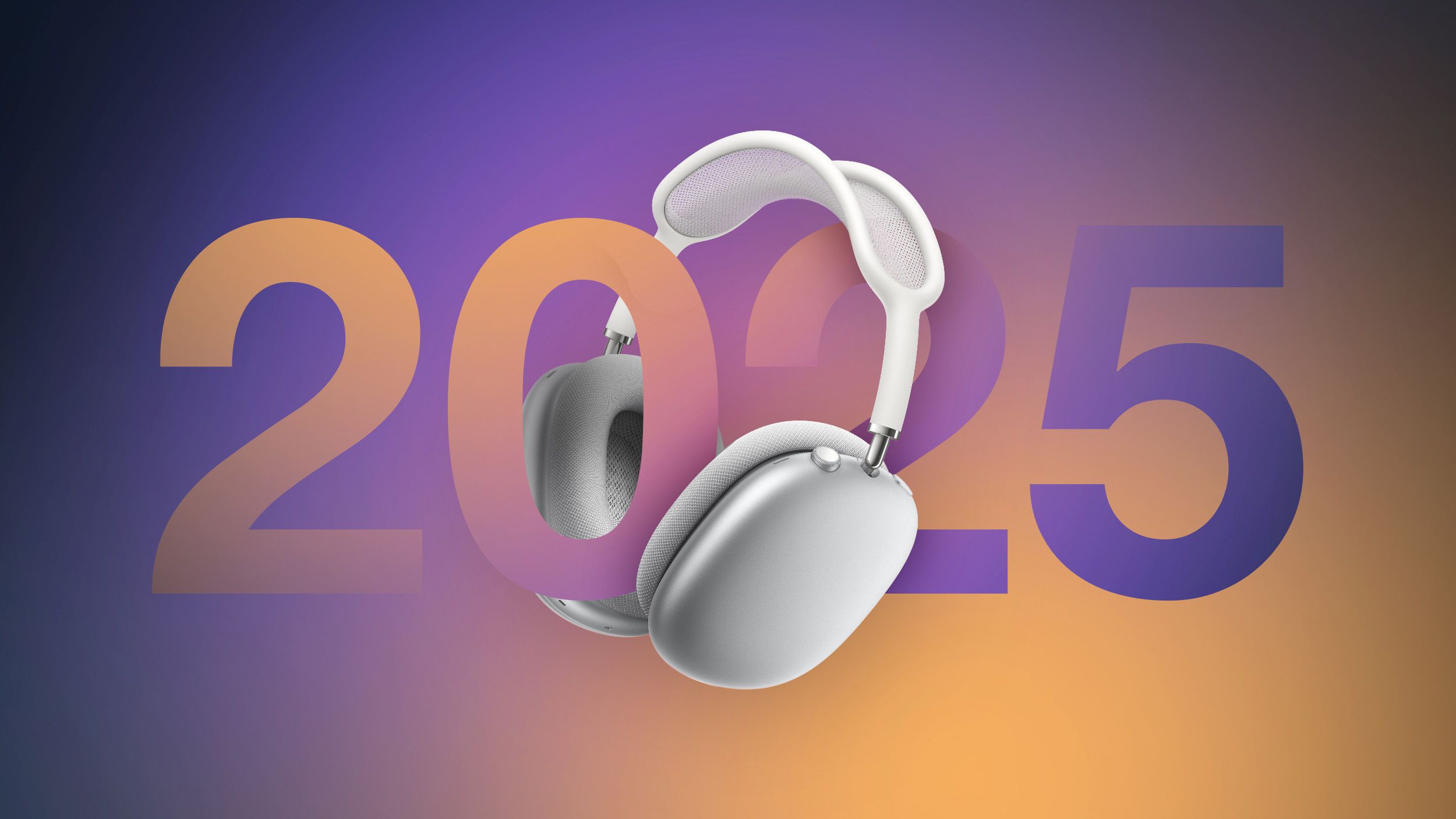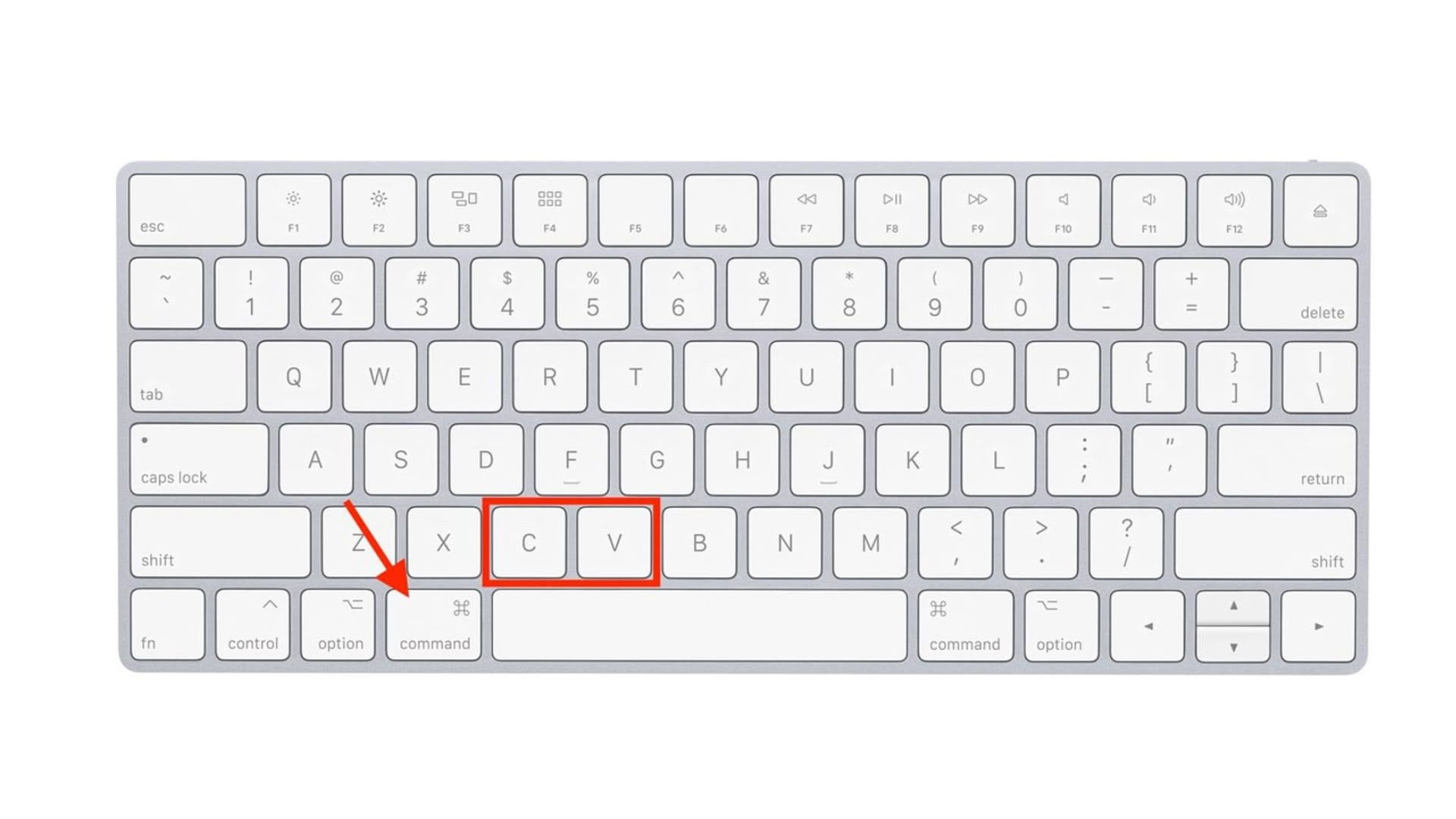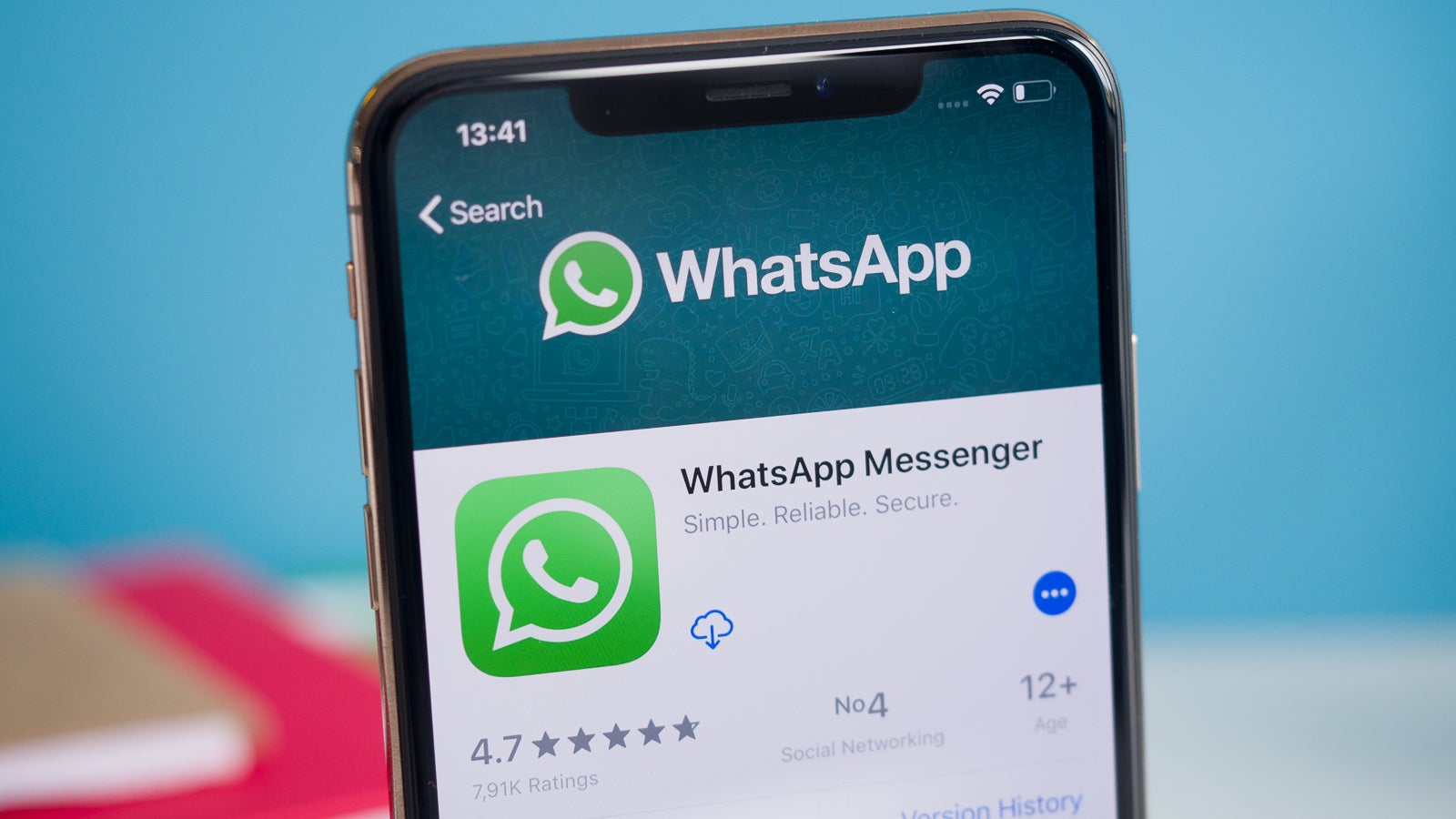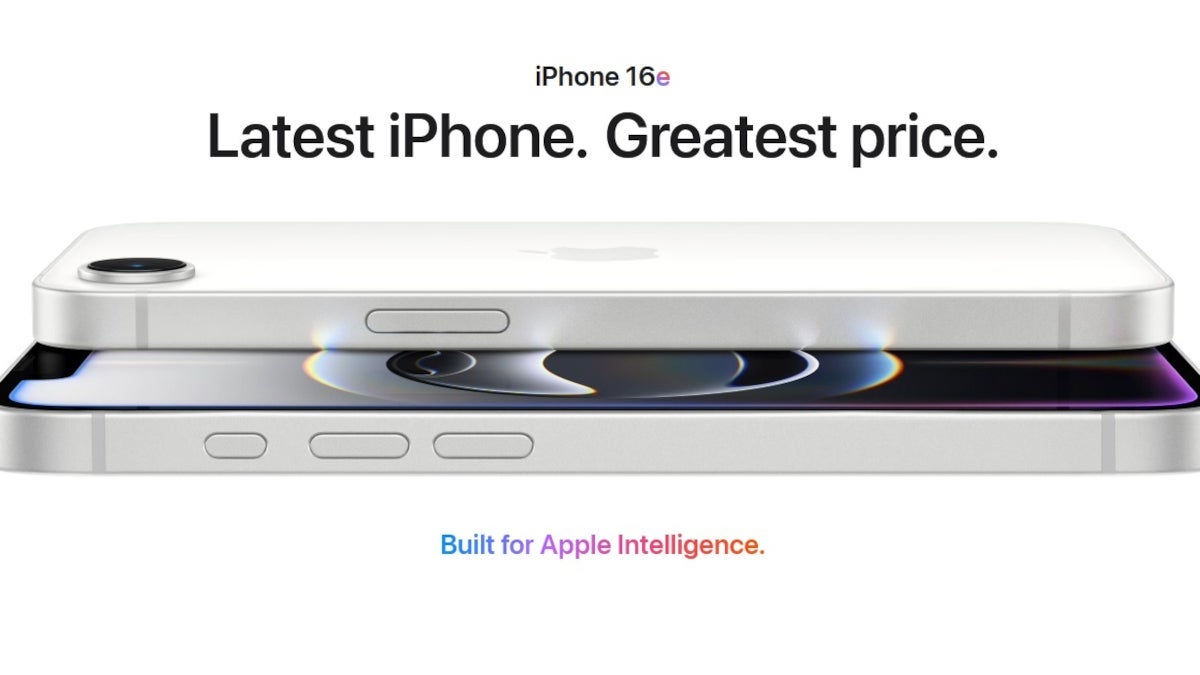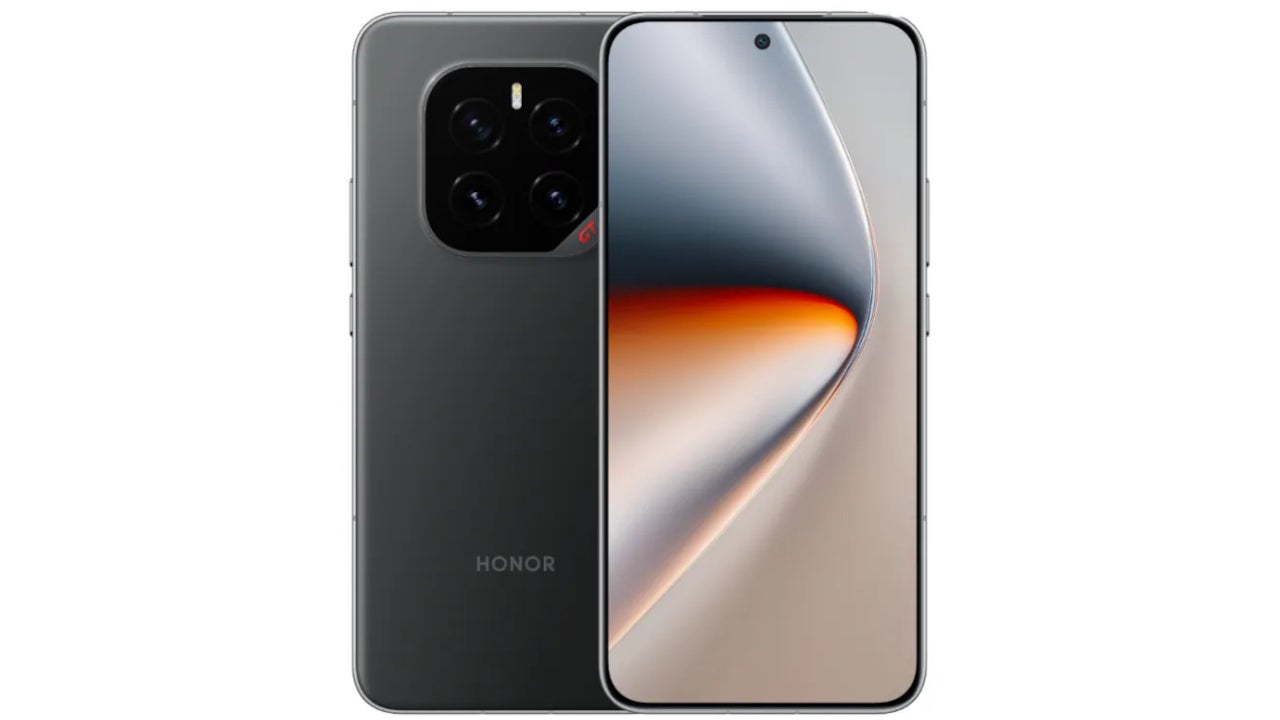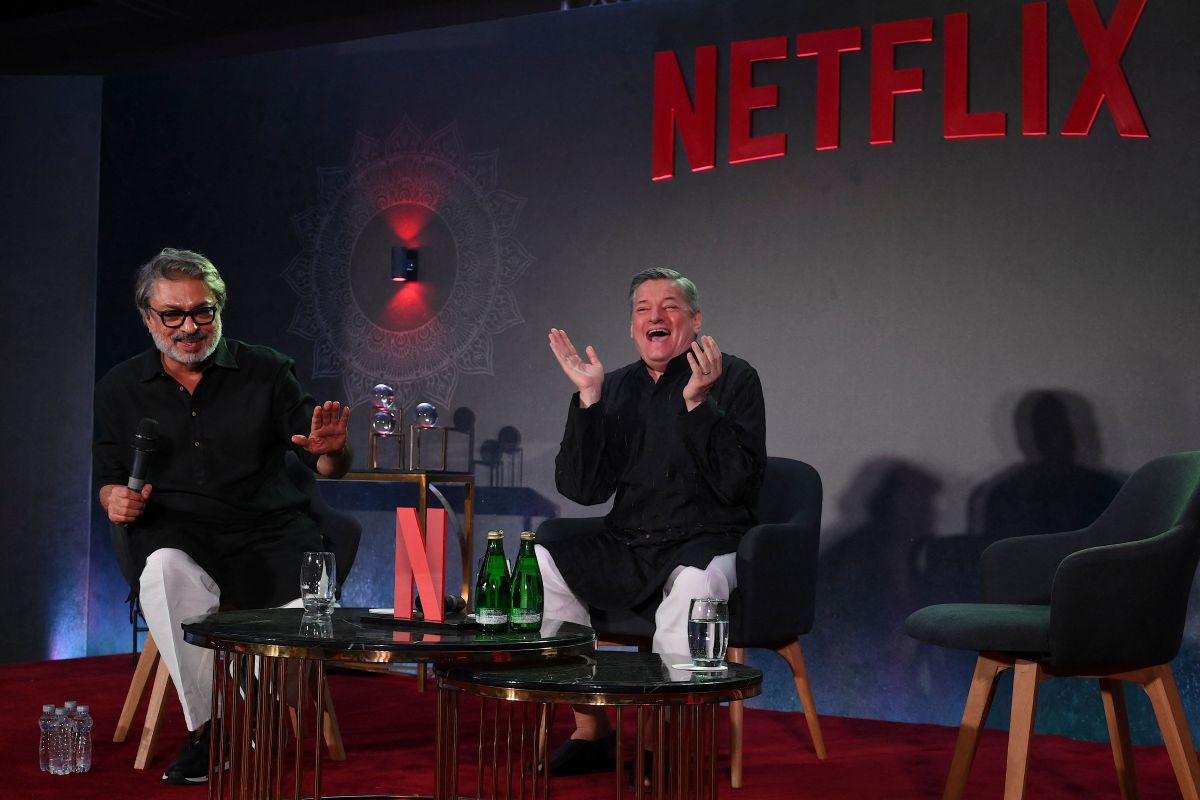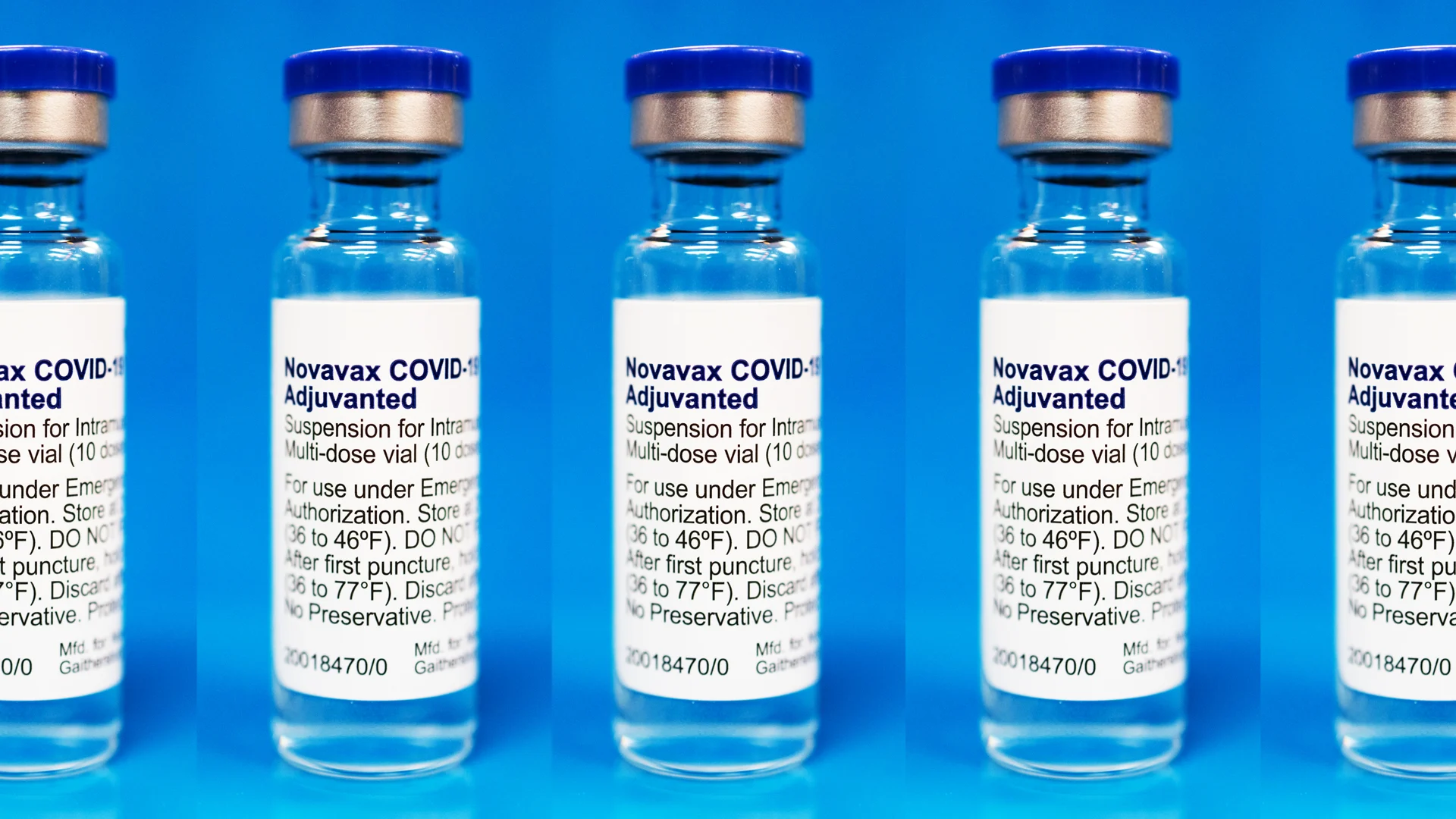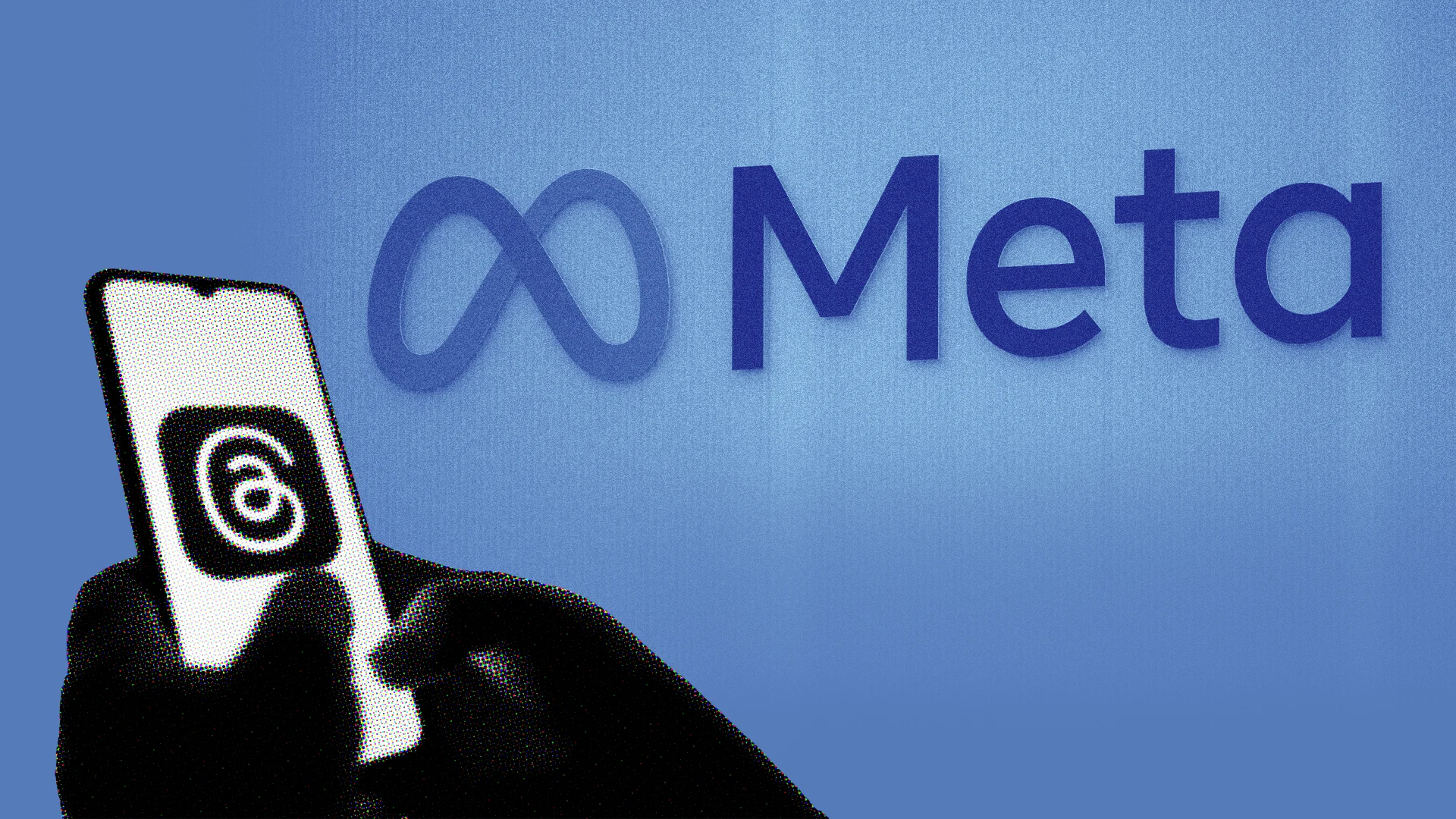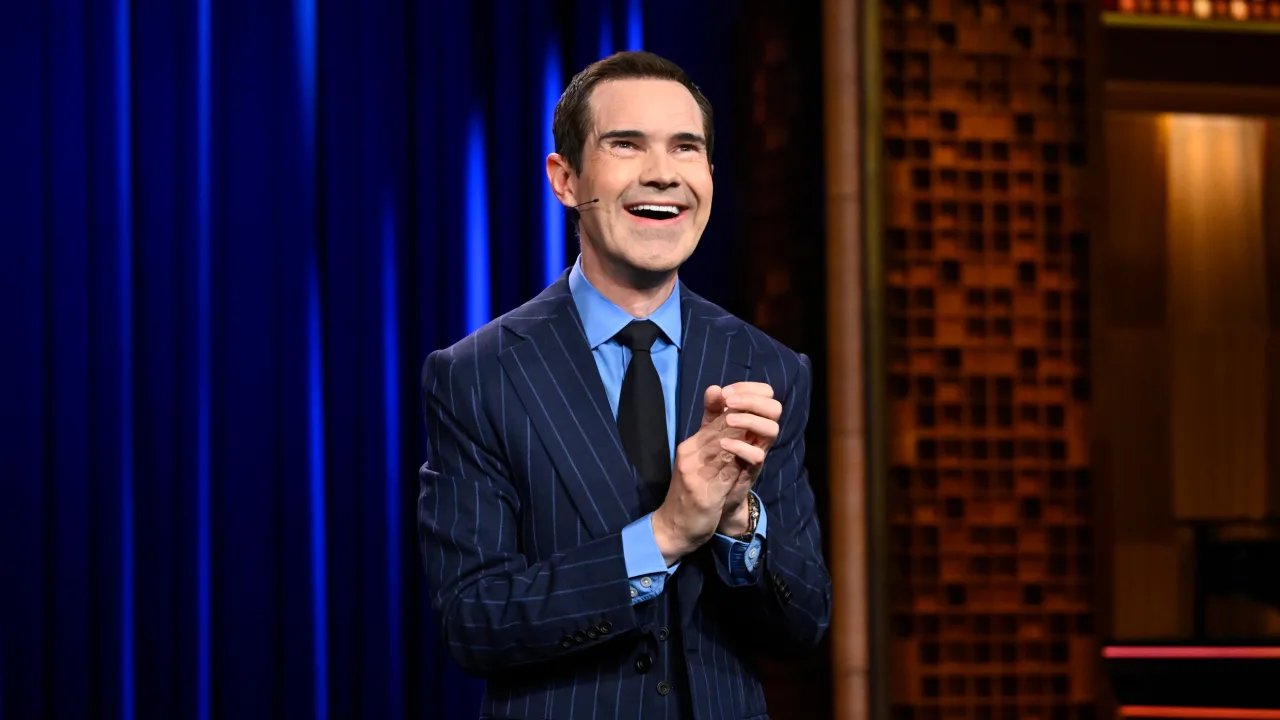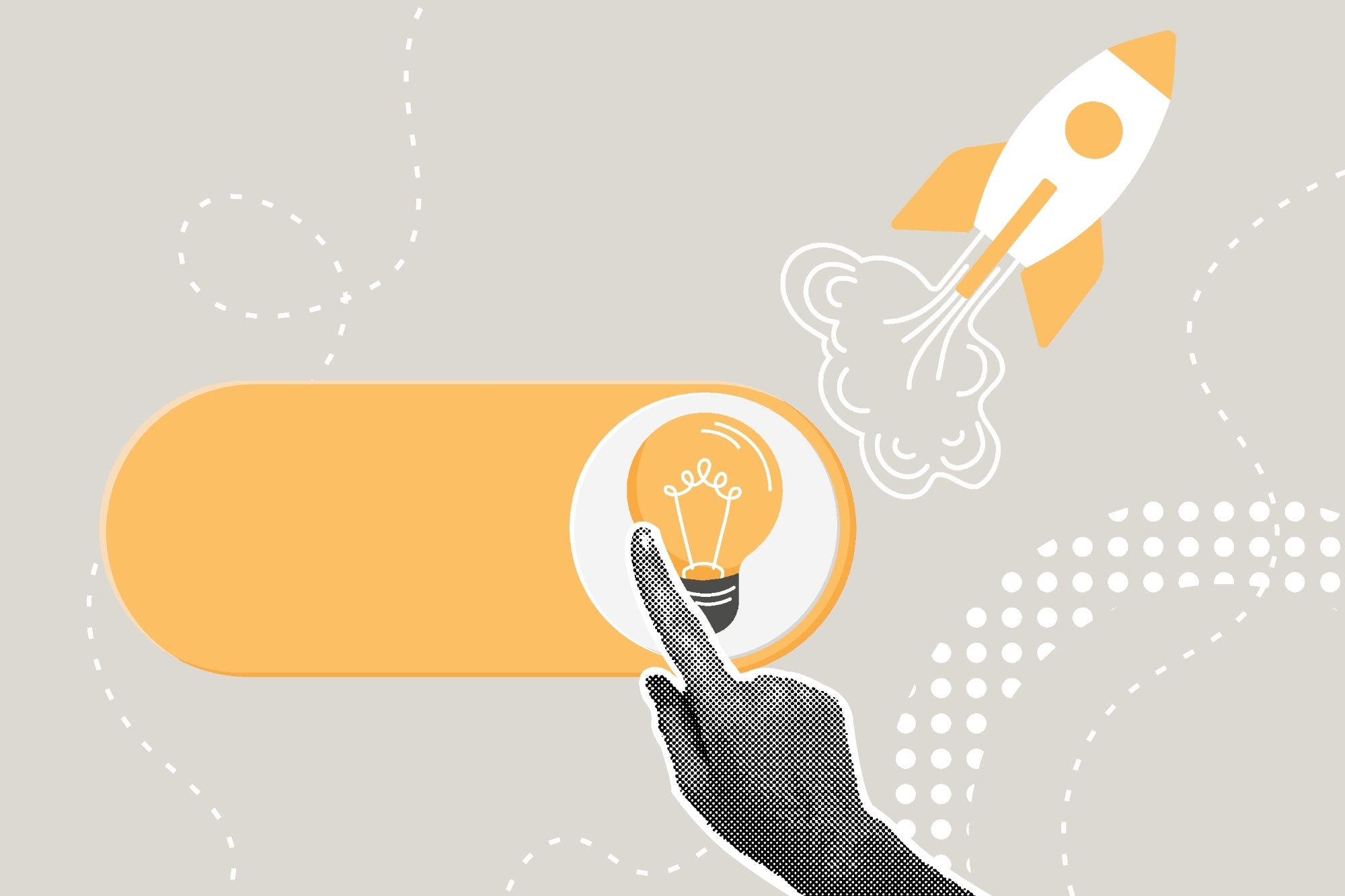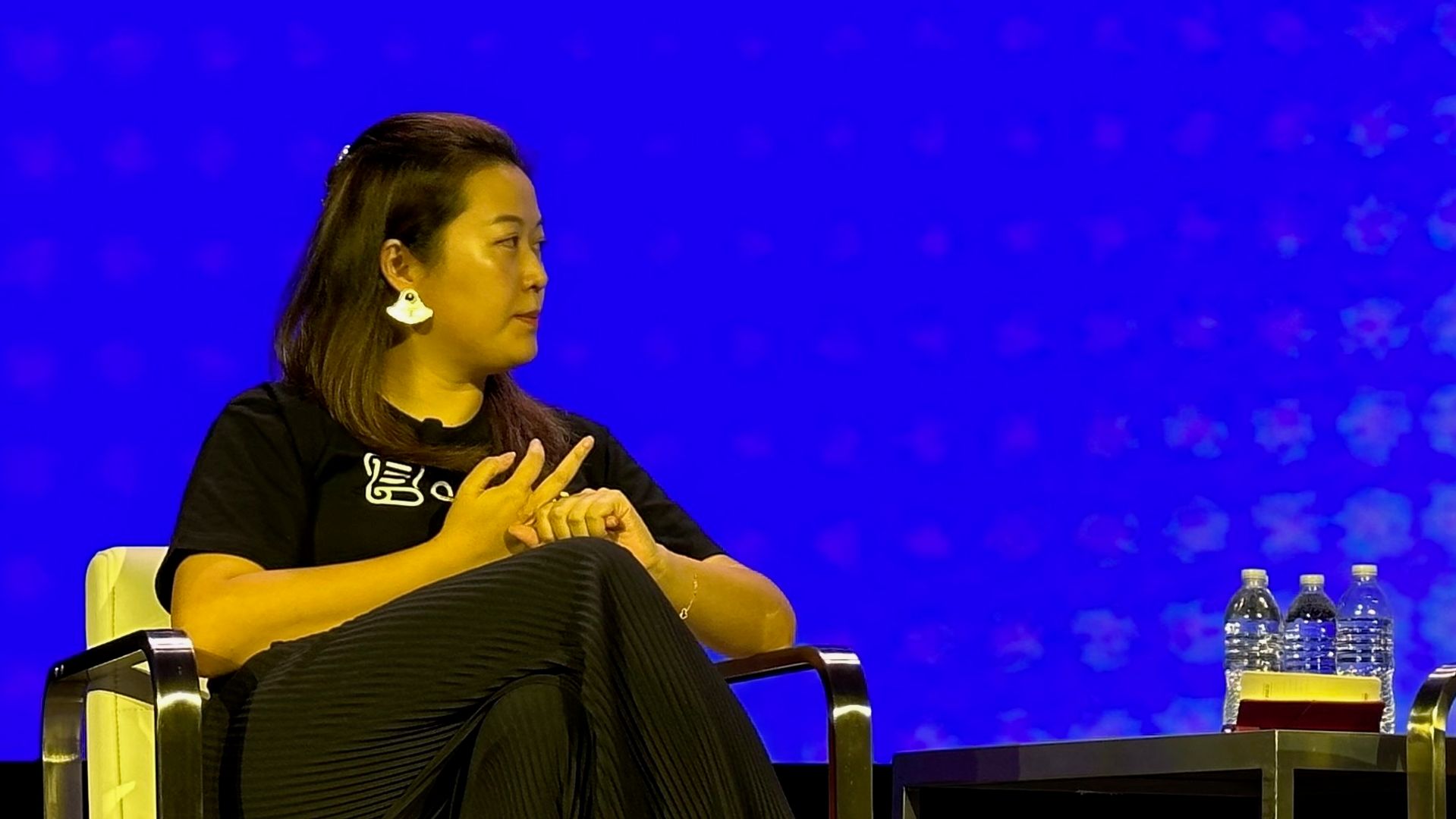Arsham Ghahramani, PhD, Co-founder and CEO of Ribbon – Interview Series
Arsham Ghahramani, PhD, is the co-founder and CEO of Ribbon. Based in Toronto and originally from the UK, Ghahramani has a background in both artificial intelligence and biology. His professional experience spans a range of domains, including high-frequency trading, recruitment, and biomedical research. Ghahramani began working in the field of AI around 2014. He completed […] The post Arsham Ghahramani, PhD, Co-founder and CEO of Ribbon – Interview Series appeared first on Unite.AI.


Arsham Ghahramani, PhD, is the co-founder and CEO of Ribbon. Based in Toronto and originally from the UK, Ghahramani has a background in both artificial intelligence and biology. His professional experience spans a range of domains, including high-frequency trading, recruitment, and biomedical research.
Ghahramani began working in the field of AI around 2014. He completed his PhD at The Francis Crick Institute, where he applied early forms of generative AI to study cancer gene regulation—long before the term “generative AI” entered mainstream use.
He is currently leading Ribbon, a technology company focused on dramatically accelerating the hiring process. Ribbon has raised over $8 million in funding, supported over 200,000 job seekers, and continues to grow its team. The platform aims to make hiring 100x faster by combining AI and automation to streamline recruitment workflows.
Let’s start at the beginning — what inspired you to found Ribbon, and what was the “aha” moment that made you realize hiring was broken?
I met my co-founder Dave Vu while we were both at Ezra–he was Head of People & Talent, and I was Head of Machine Learning. As we rapidly scaled my team, we constantly felt the pressure to higher quickly, yet we lacked the right tools to streamline the process. I was early to AI (I completed my PhD in 2014, long before AI became mainstream), and I had an early understanding of the impacts of AI on hiring. I saw firsthand the inefficiencies and challenges in traditional recruitment and knew there had to be a better way. That realization led us to create Ribbon.
You’ve worked in machine learning roles at Amazon, Ezra, and even in algorithmic trading. How did that background shape the way you approached building Ribbon?
At Ezra, I worked on AI health tech, where the stakes couldn’t be higher–if an AI system is biased, it can be a matter of life or death. We spent a lot of time and energy making sure that our AI was unbiased, as well as developing methods to detect and mitigate bias. I brought over those techniques to Ribbon, where we use these techniques to monitor and reduce bias in our AI interviewer, ultimately creating a more equitable hiring process.
How did your experience as a candidate and hiring manager influence the product decisions you made early on?
Finding a job is a grueling process for junior candidates. I remember, not too long ago, being a junior candidate applying to many jobs. It’s only become harder since then. At Ribbon, we have deep empathy for job seekers. Our Voice AI is often the first point of contact between a company and a candidate, so we work hard to make this experience positive and rewarding. One of the ways we do that is by ensuring candidates chat with the same AI throughout the entire hiring process. This consistency helps build trust and comfort—unlike traditional processes where candidates are passed between multiple people, our AI provides a steady, familiar presence that helps candidates feel more at ease as they move through interviews and assessments.
Ribbon’s AI conducts interviews that feel more human than scripted bots. Tell us more about Ribbon’s adaptive interview flow. What kind of real-time understanding is happening behind the scenes?
We have built five in-house machine learning models and combined them with four publicly available models to create the Ribbon interview experience. Behind the scenes, we are constantly evaluating the conversation and combining this with context from the company, careers pages, public profiles, resumes, and more. All of this information comes together to create a seamless interview experience. The reason we combine so much information is that we want to give the candidate an experience as close to a human recruiter as possible.
You highlight that five minutes of voice can match an hour of written input. What kind of signal are you capturing in that audio data, and how is it analyzed?
People generally speak quite fast! Most job application processes are very tedious, tasking you with filling out many different forms and multiple-choice questions. We’ve found that 5 minutes of natural conversation equates to around 25 multiple-choice questions. The information density of voice conversation is hard to beat. On top of that, we are collecting other factors, such as language proficiency and communication skills.
Ribbon also acts as an AI-powered scribe with auto-summaries and scoring. What role does interpretability play in making this data useful—and fair—for recruiters?
Interpretability is at the core of Ribbon’s approach. Every score and analysis we generate is always tied back to its source, making our AI deeply transparent.
For example, when we score a candidate on their skills, we’re referencing two things:
- The original job requirements and
- The exact moment in the interview that the candidate mentioned a skill.
We believe that the interpretability of AI systems is deeply important because, at the end of the day, we are helping companies make decisions, and companies like to make decisions based on concrete data. Something we believe is critical for both fairness and trust in AI-driven hiring.
Bias in AI hiring systems is a big concern. How is Ribbon designed to minimize or mitigate bias while still surfacing top candidates?
Bias is a critical issue in AI hiring, and we take it very seriously at Ribbon. We've built our AI interviewer to assess candidates based on measurable skills and competencies, reducing the subjectivity that often introduces bias. We regularly audit our AI systems for fairness, utilize diverse and balanced datasets, and integrate human oversight to catch and correct potential biases. Our commitment is to surface the best candidates fairly, ensuring equitable hiring decisions.
Candidates can interview anytime, even at 2 AM. How important is flexibility in democratizing access to jobs, especially for underserved communities?
Flexibility is key to democratizing job access. Ribbon's always-on interviewing allows candidates to participate at any time convenient for them, breaking down traditional barriers such as conflicting schedules or limited availability, which is especially beneficial for working parents and those with non-traditional hours. In fact, 25% of Ribbon interviews happen between 11 pm and 2 am local time.
This is especially crucial for underserved communities, where job seekers often face additional constraints. By enabling round-the-clock access, Ribbon helps ensure everyone has a fair chance to showcase their skills and secure employment opportunities.
Ribbon isn’t just about hiring—it’s about reducing friction between people and opportunities. What does that future look like?
At Ribbon, our vision extends beyond efficient hiring; we want to remove friction between individuals and the opportunities they're suited for. We foresee a future where technology seamlessly connects talent with roles that align perfectly with their abilities and ambitions, regardless of their background or network. By reducing friction in career mobility, we enable employees to grow, develop, and find fulfilling opportunities without unnecessary barriers. Faster internal mobility, lower turnover, and ultimately better outcomes for both individuals and companies.
How do you see AI transforming the hiring process and broader job market over the next five years?
AI will profoundly reshape hiring and the broader job market in the next five years. We expect AI-driven automation to streamline repetitive tasks, freeing recruiters to focus on deeper candidate interactions and strategic hiring decisions. AI will also enhance the precision of matching candidates to roles, accelerating hiring timelines and improving candidate experiences. However, to realize these benefits fully, the industry must prioritize transparency, fairness, and ethical considerations, ensuring that AI becomes a trusted tool that creates a more equitable employment landscape.
Thank you for the great interview, readers who wish to learn more should visit Ribbon.
The post Arsham Ghahramani, PhD, Co-founder and CEO of Ribbon – Interview Series appeared first on Unite.AI.














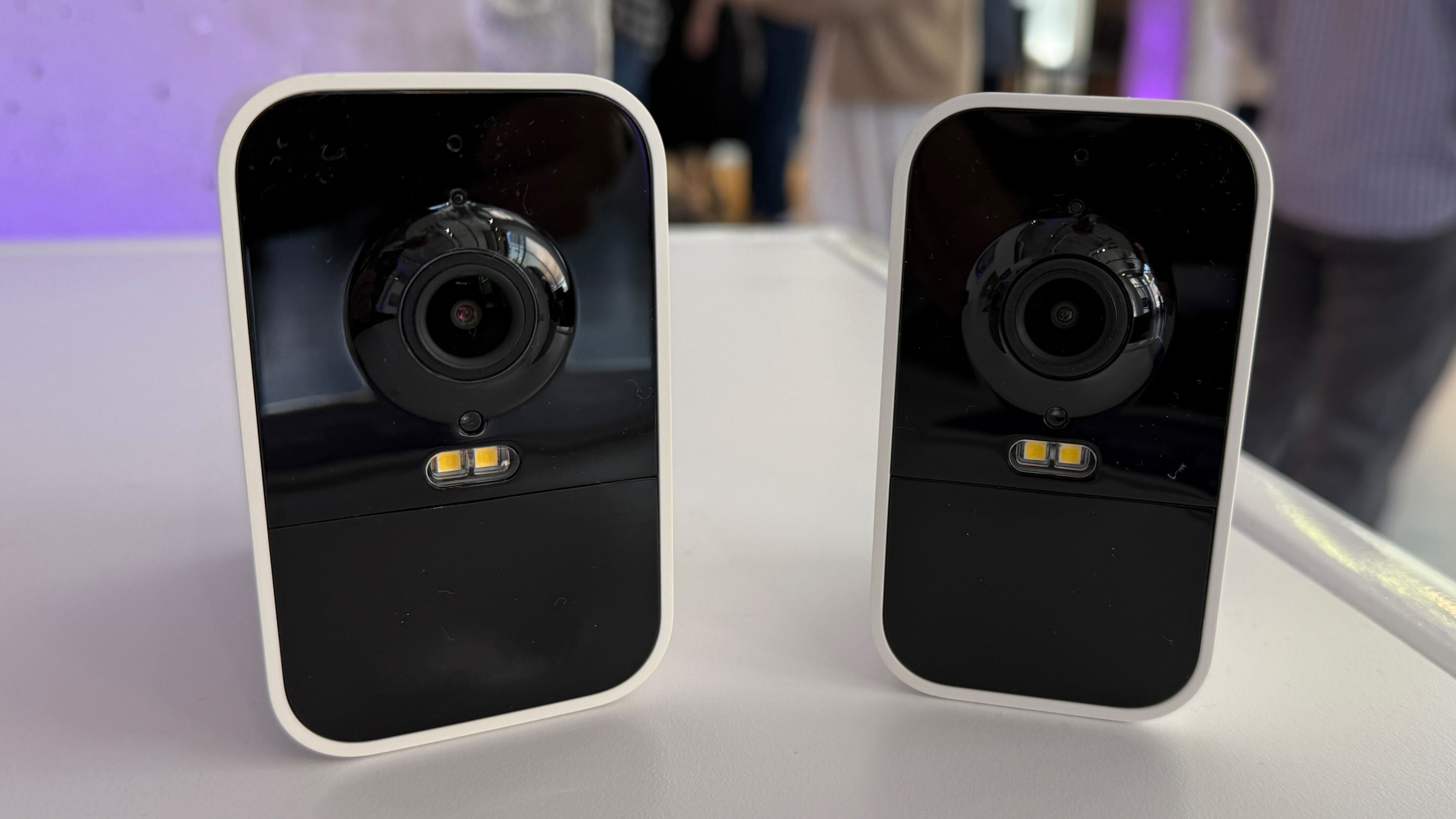
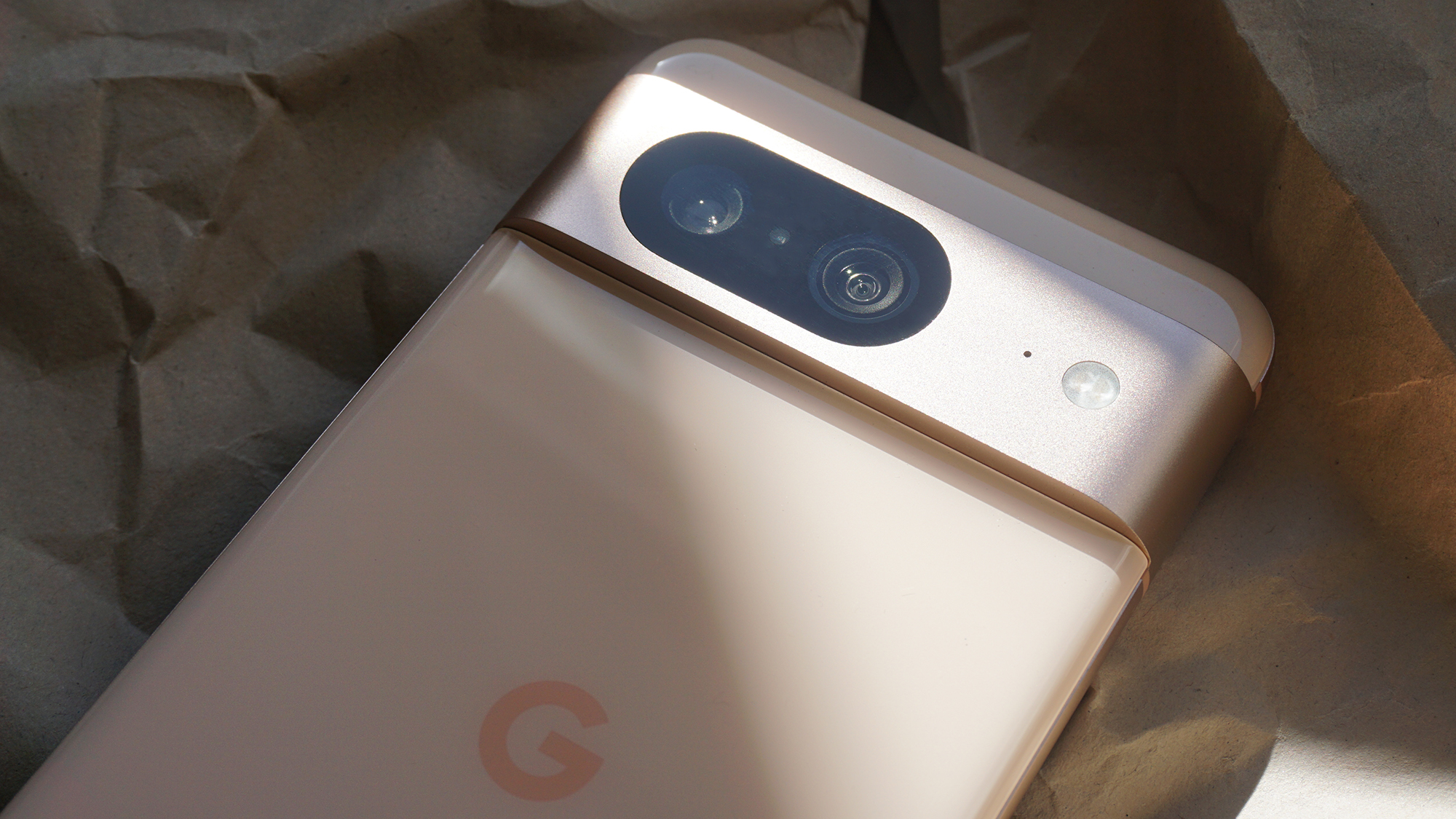

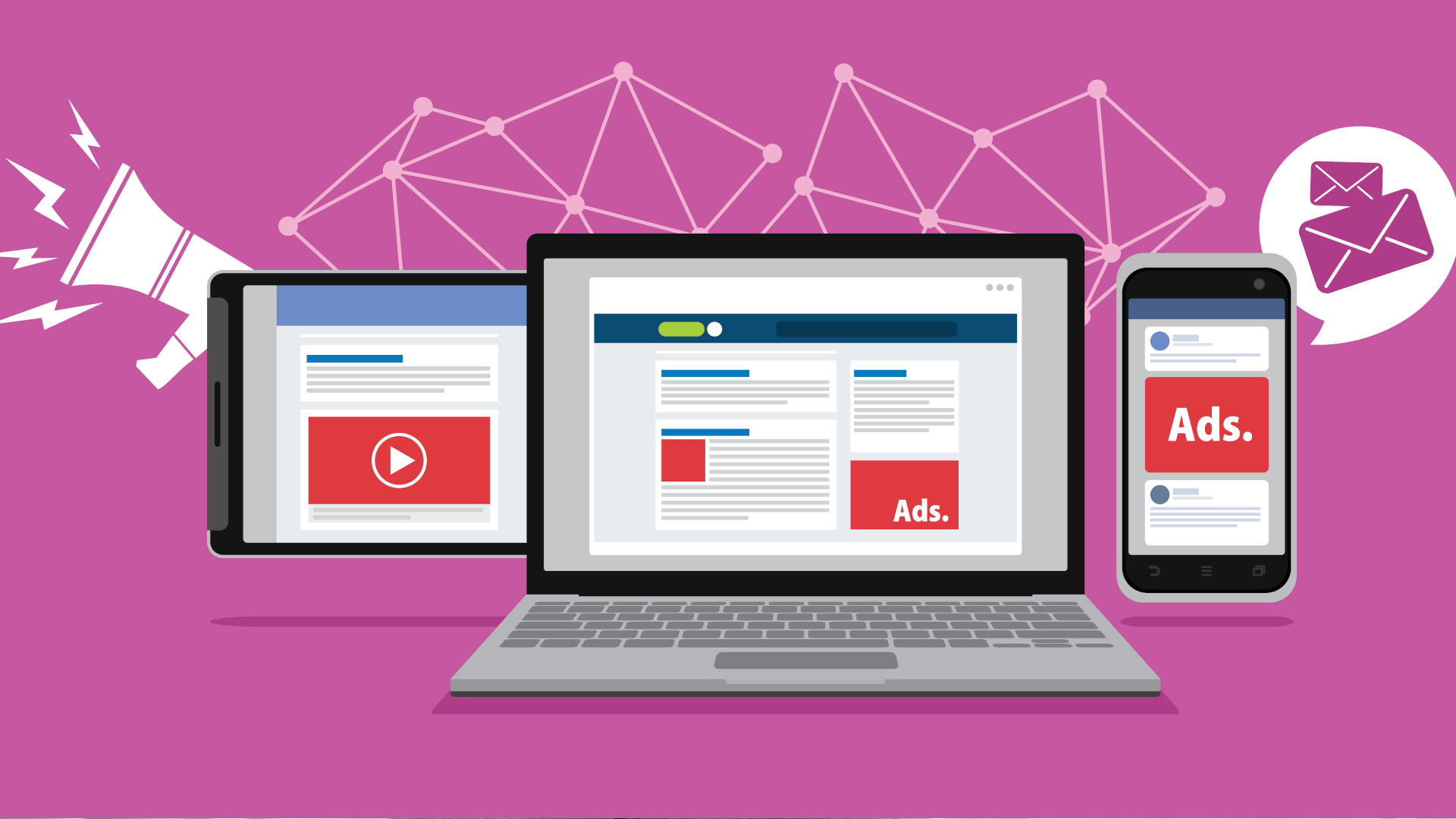





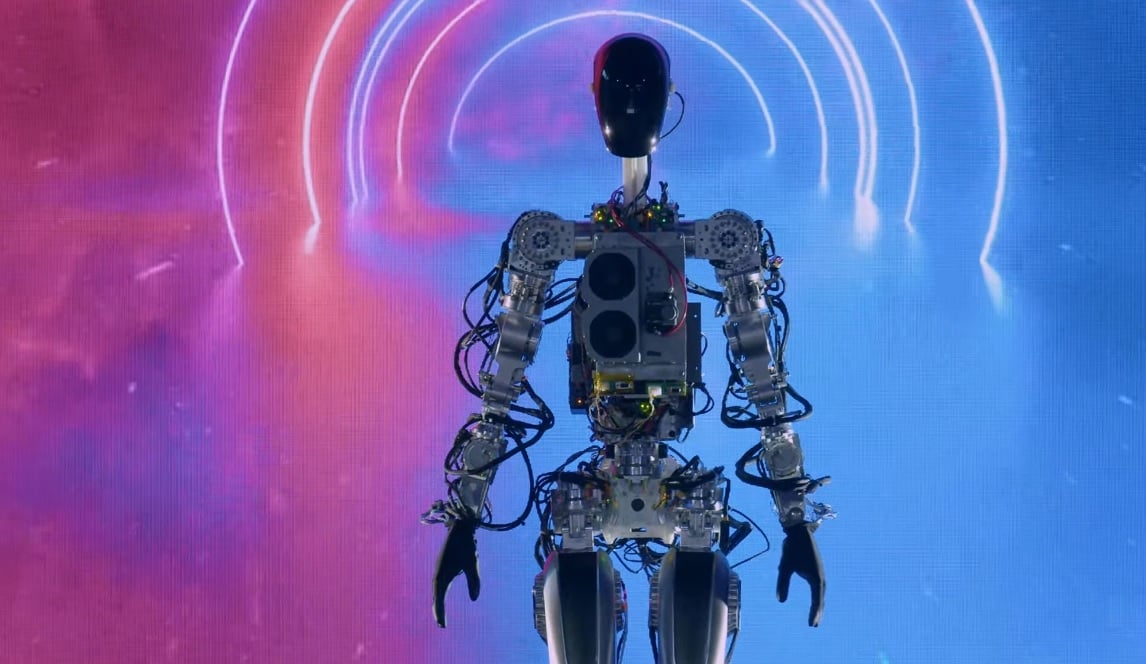

















































































































































![[The AI Show Episode 144]: ChatGPT’s New Memory, Shopify CEO’s Leaked “AI First” Memo, Google Cloud Next Releases, o3 and o4-mini Coming Soon & Llama 4’s Rocky Launch](https://www.marketingaiinstitute.com/hubfs/ep%20144%20cover.png)
















































































































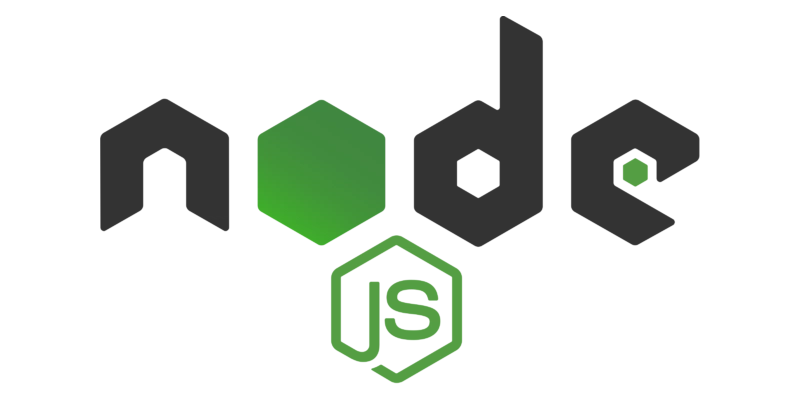
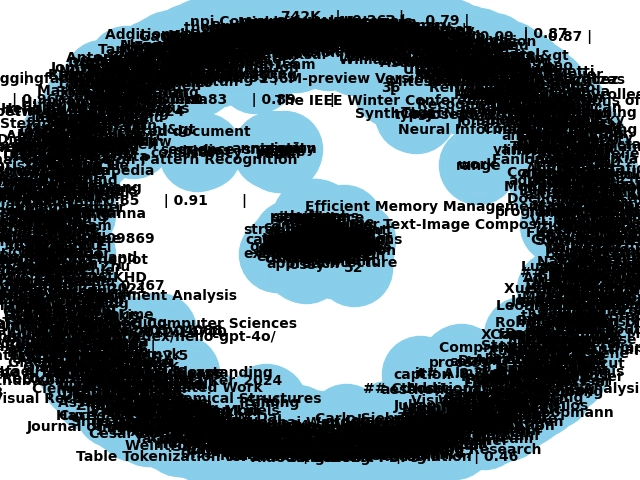
















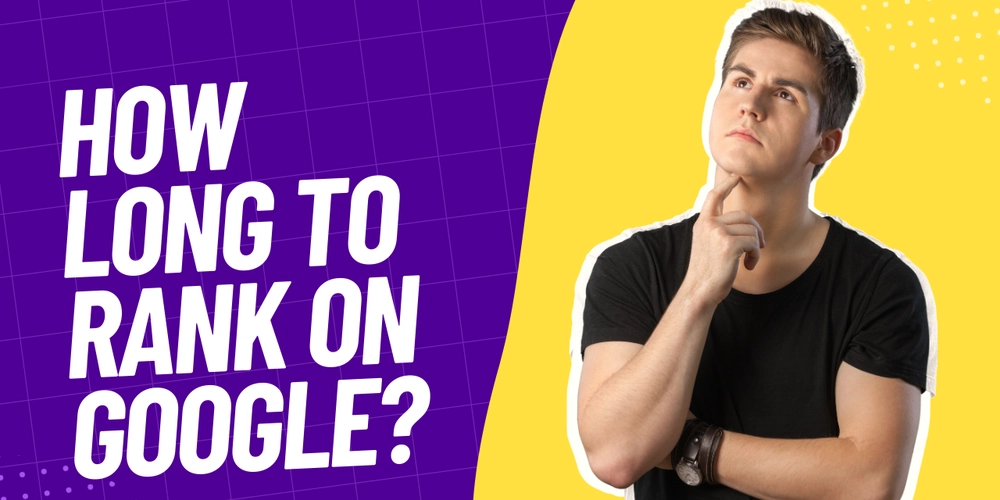
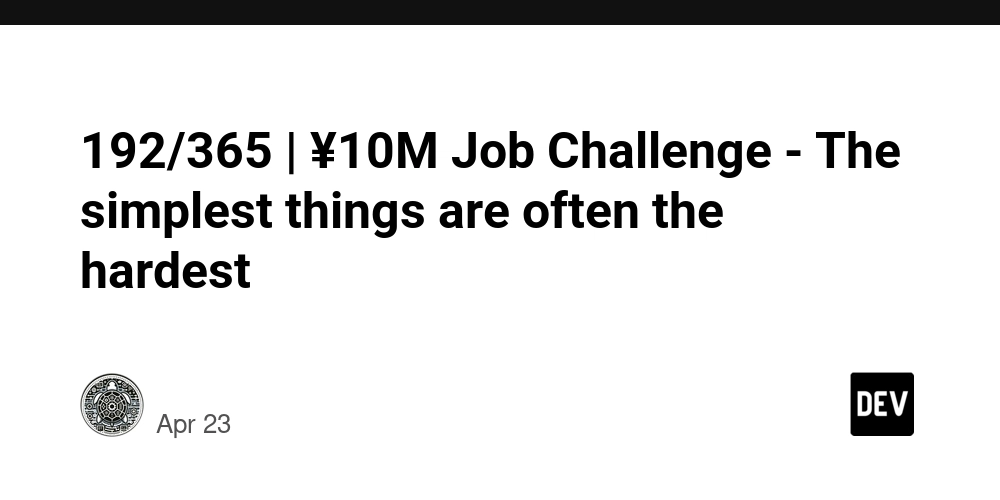





















![Is This Programming Paradigm New? [closed]](https://miro.medium.com/v2/resize:fit:1200/format:webp/1*nKR2930riHA4VC7dLwIuxA.gif)



















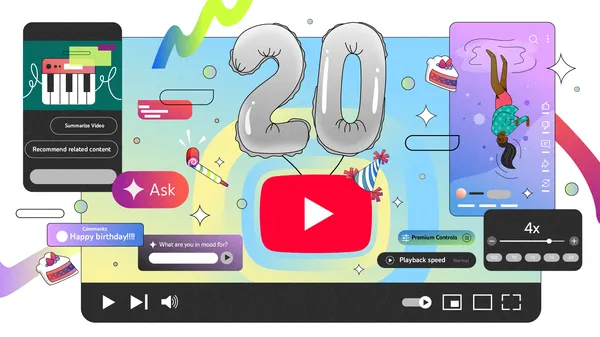


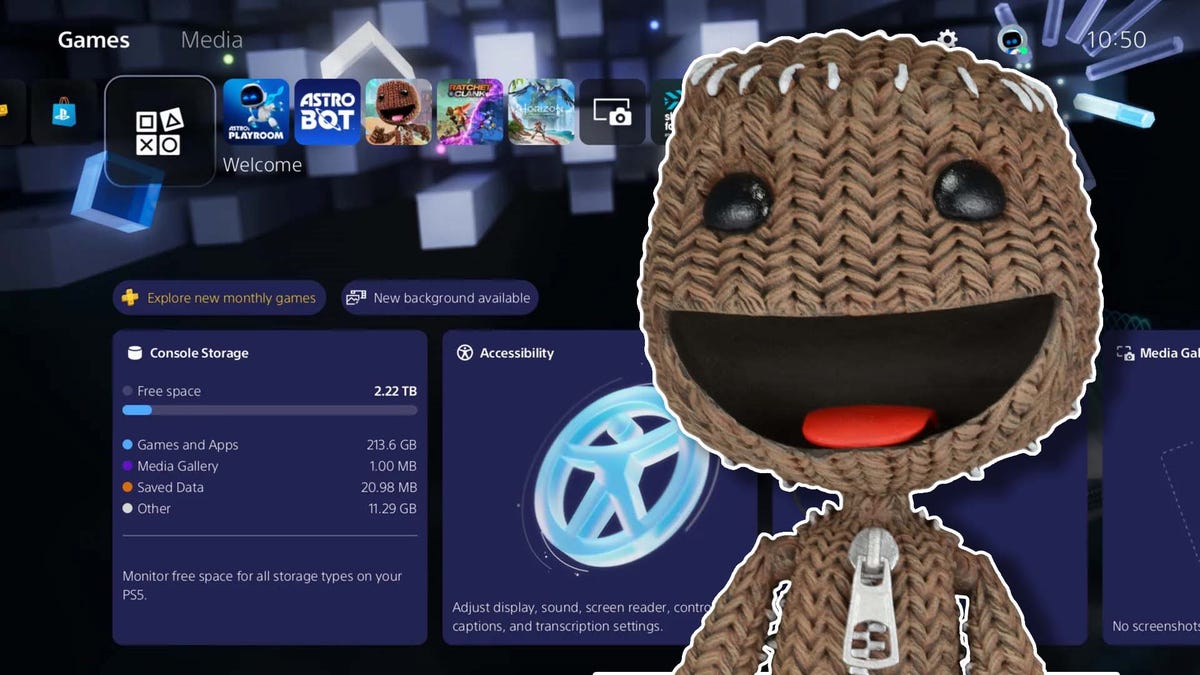




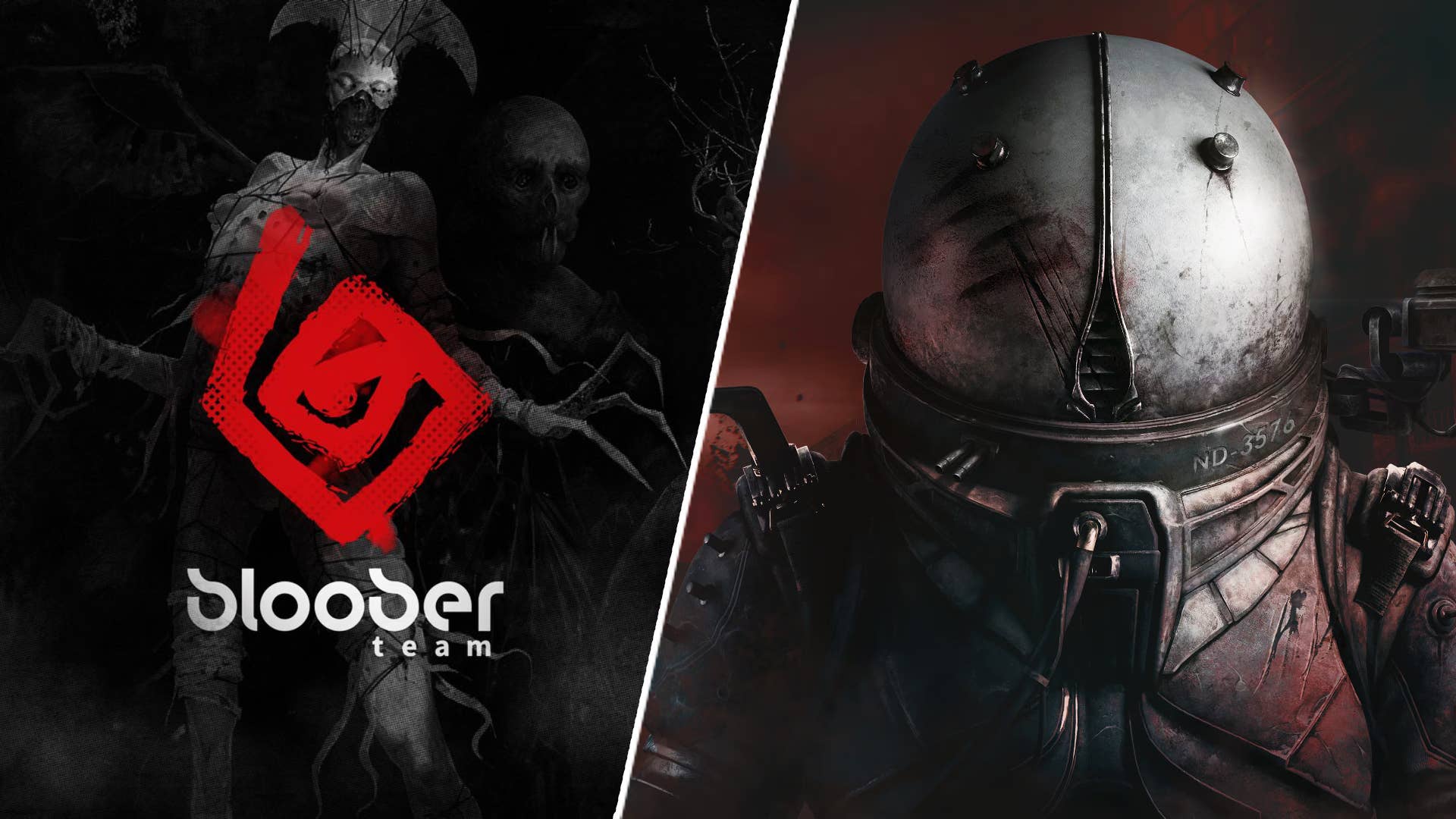































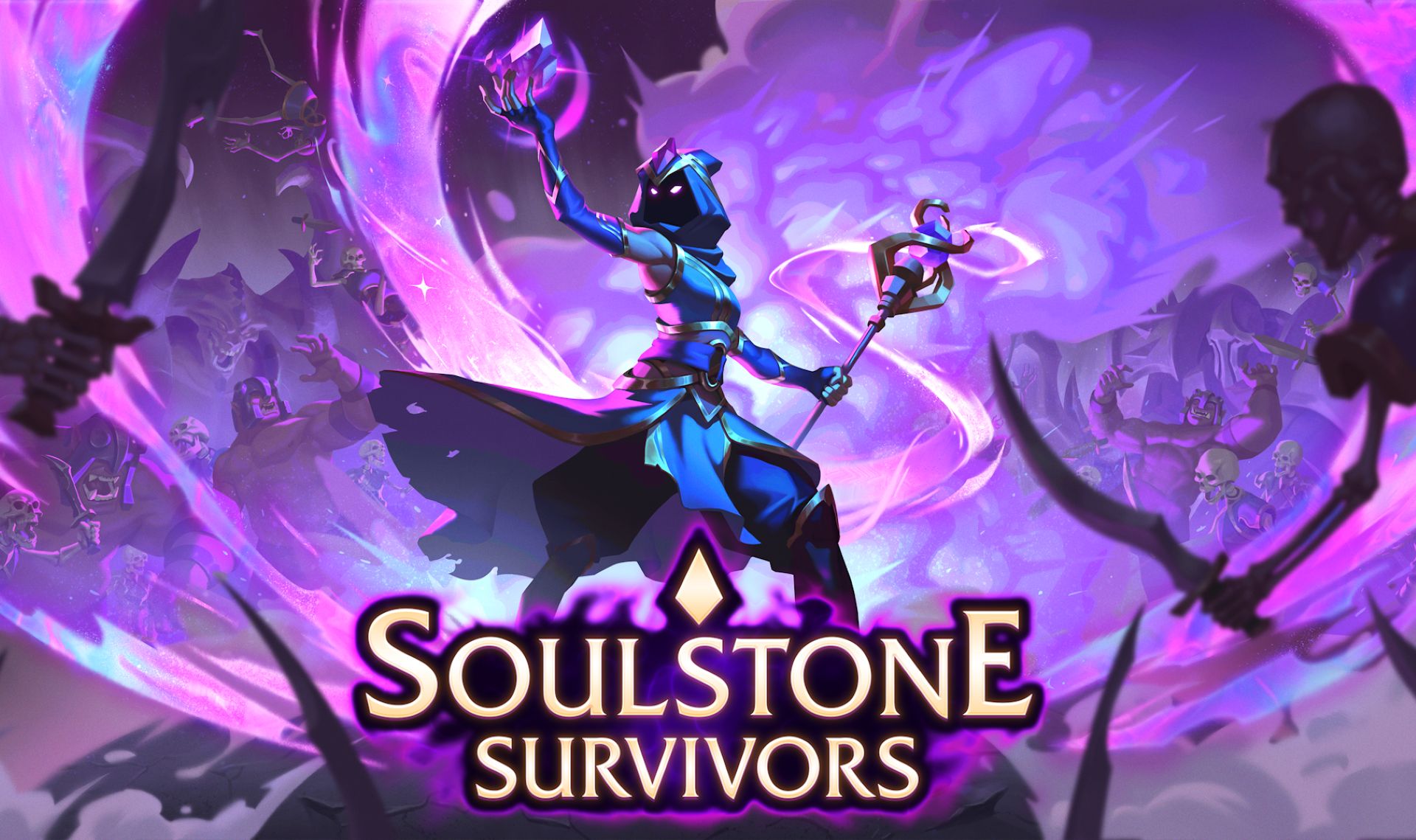

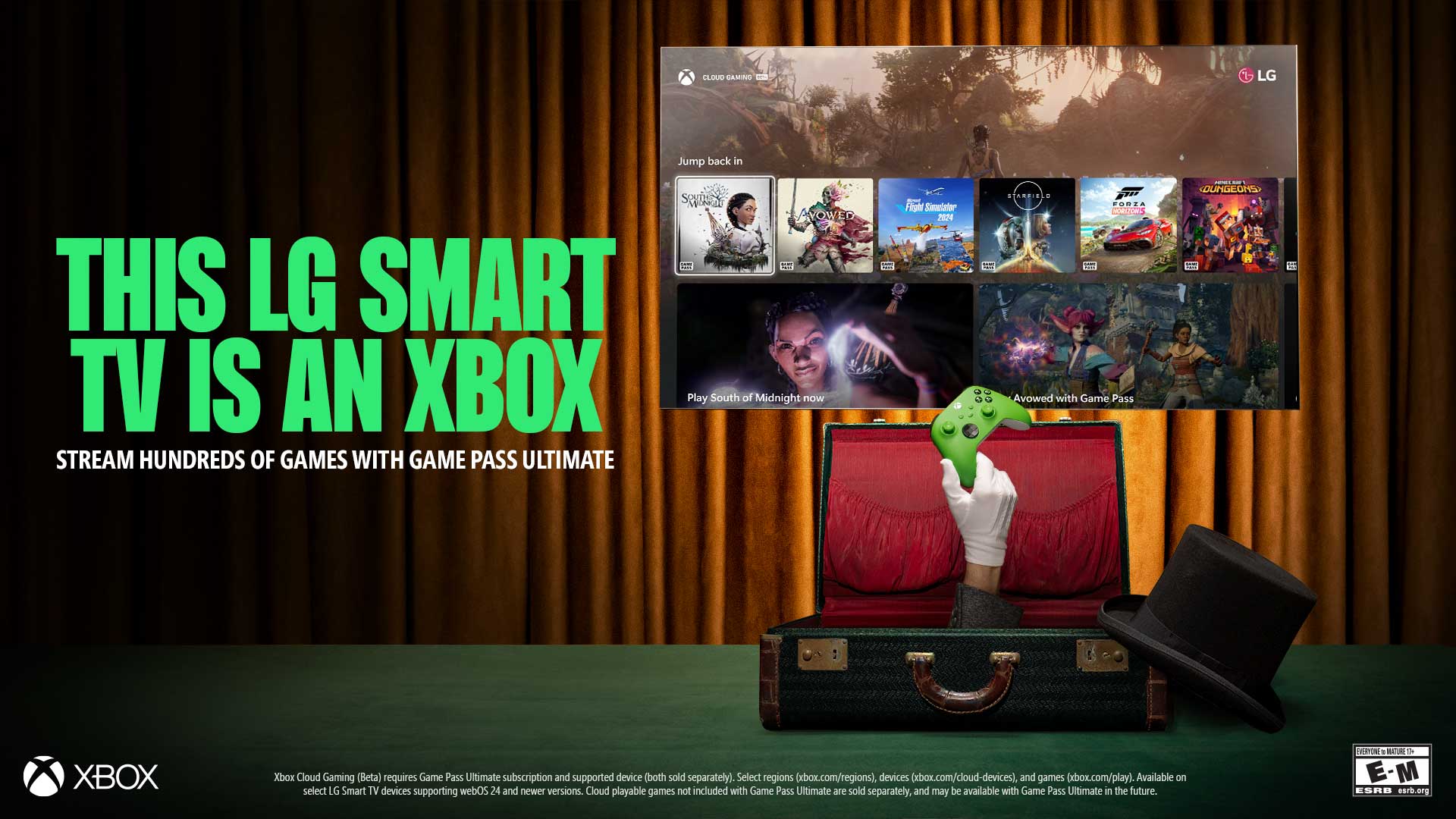







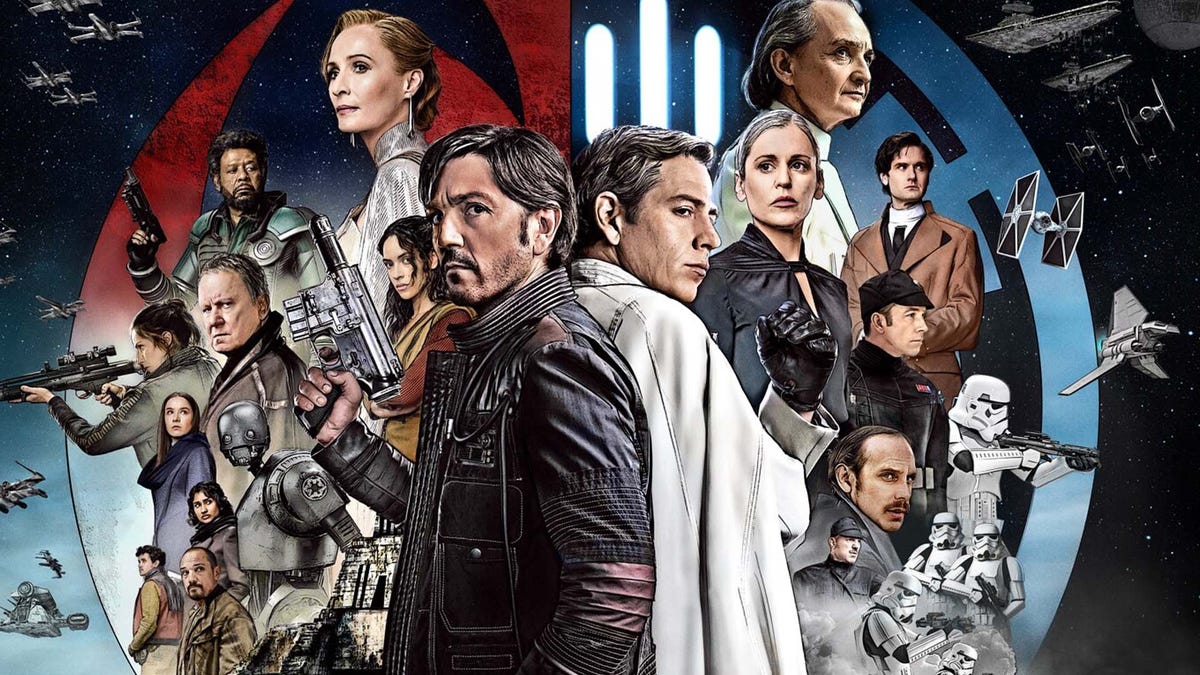


















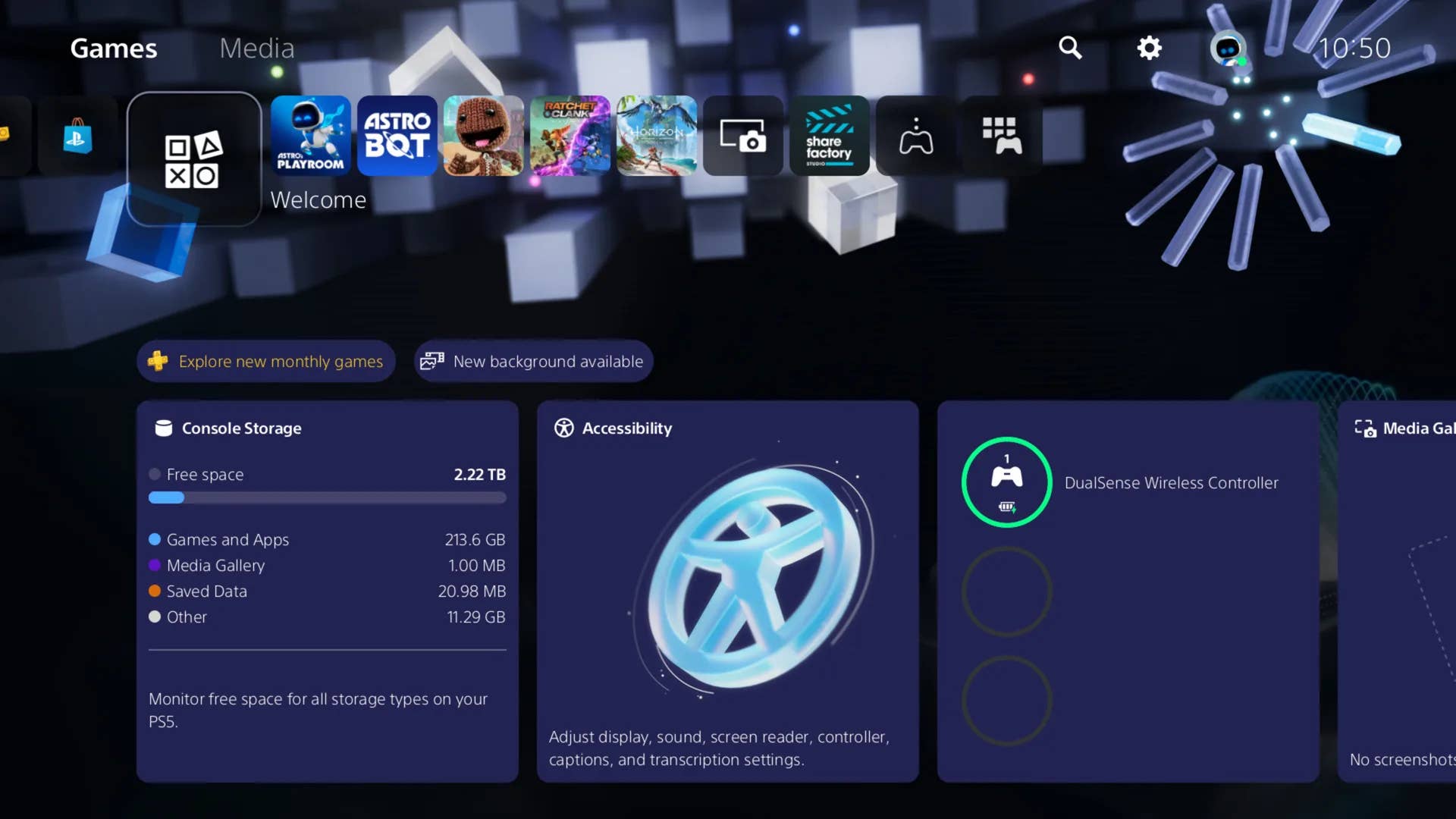
-Classic-Nintendo-GameCube-games-are-coming-to-Nintendo-Switch-2!-00-00-13.png?width=1920&height=1920&fit=bounds&quality=70&format=jpg&auto=webp#)













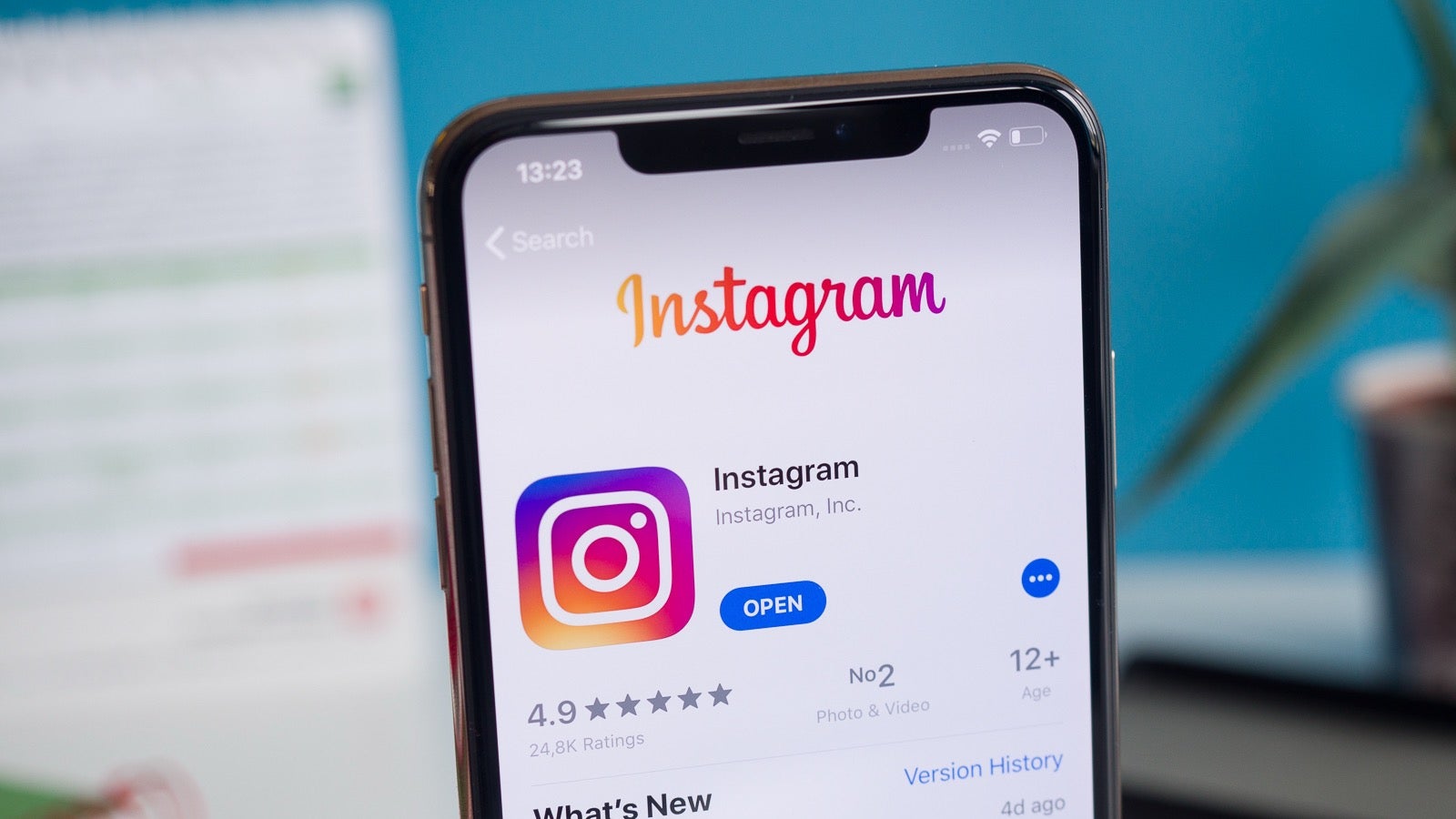

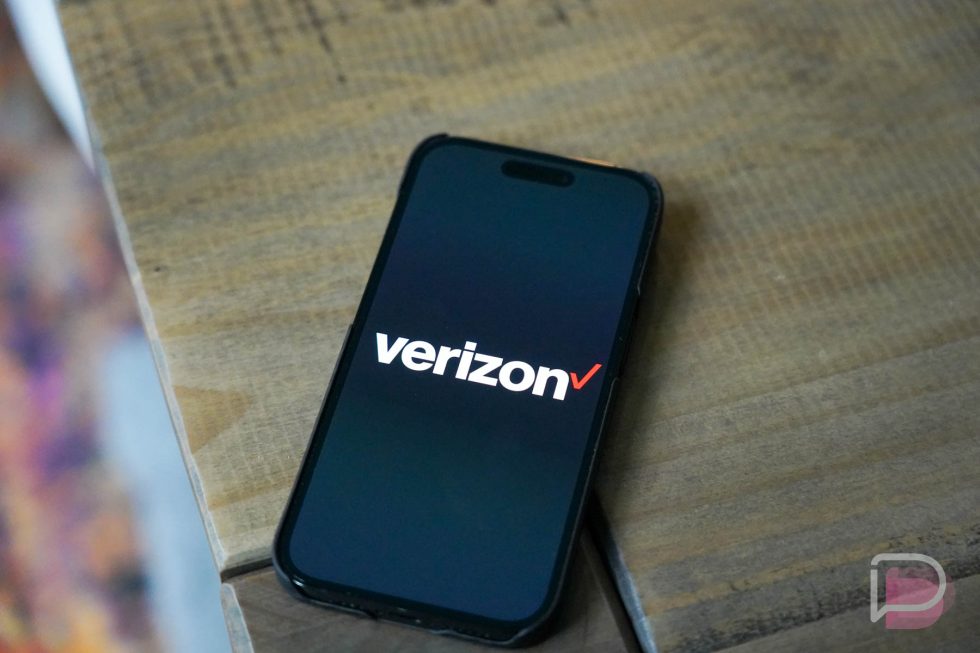










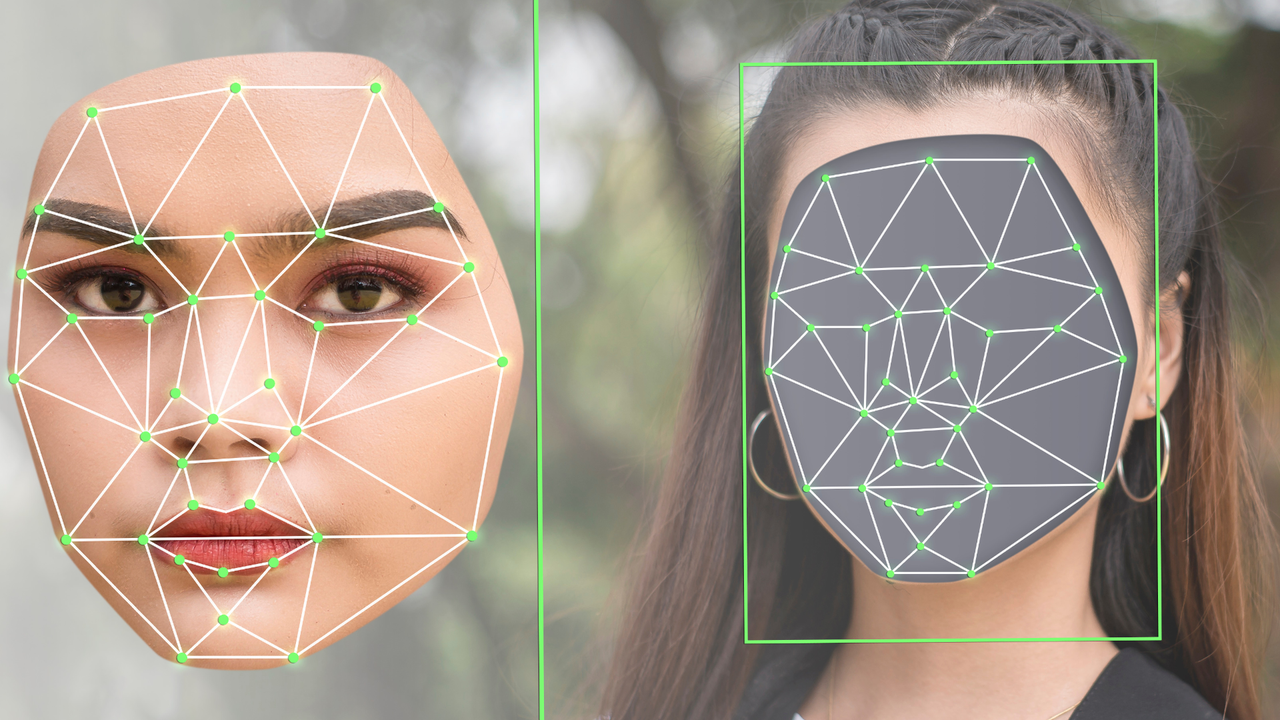

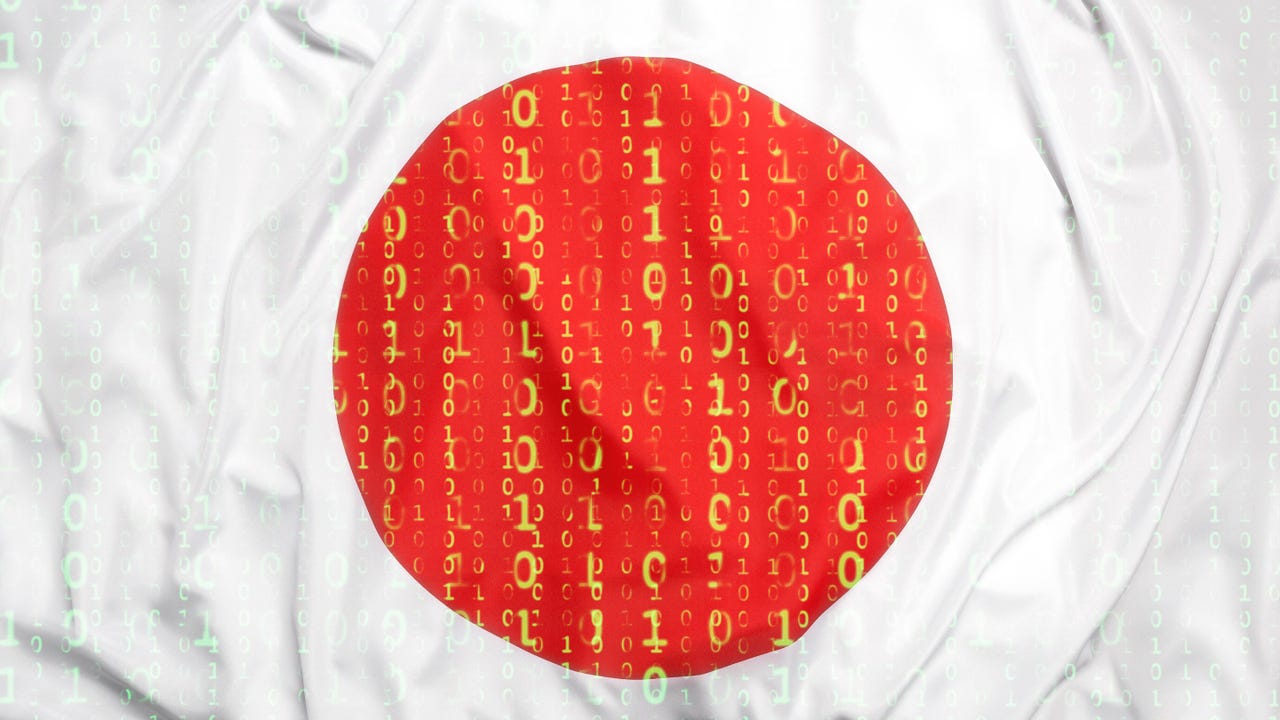























































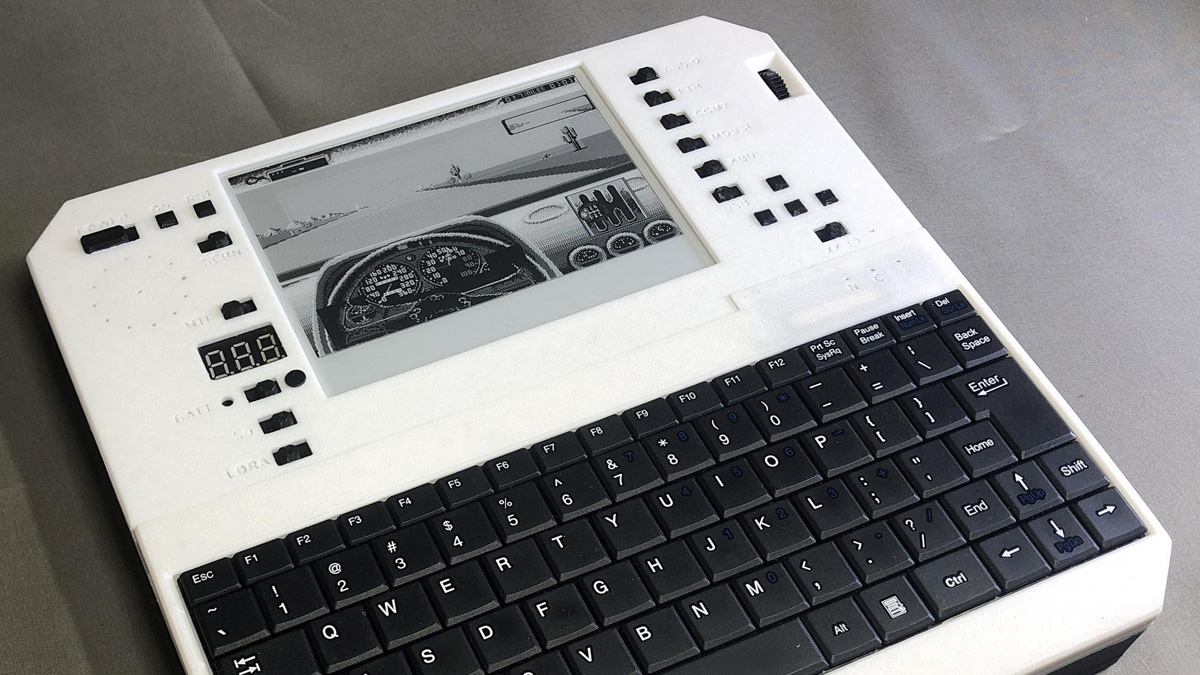

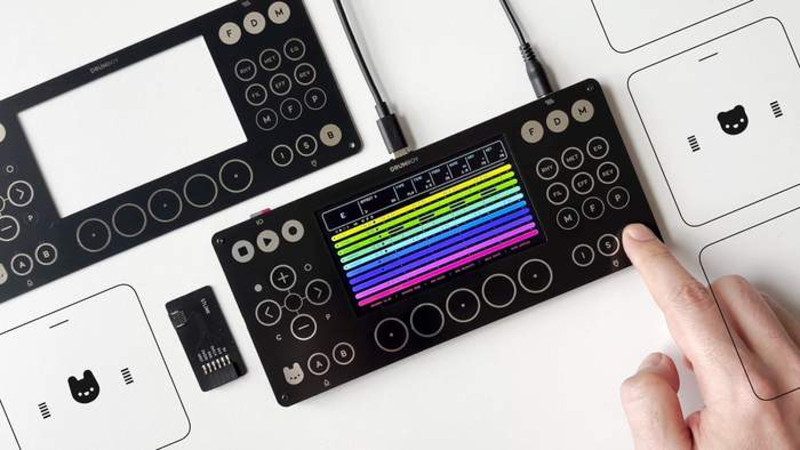





















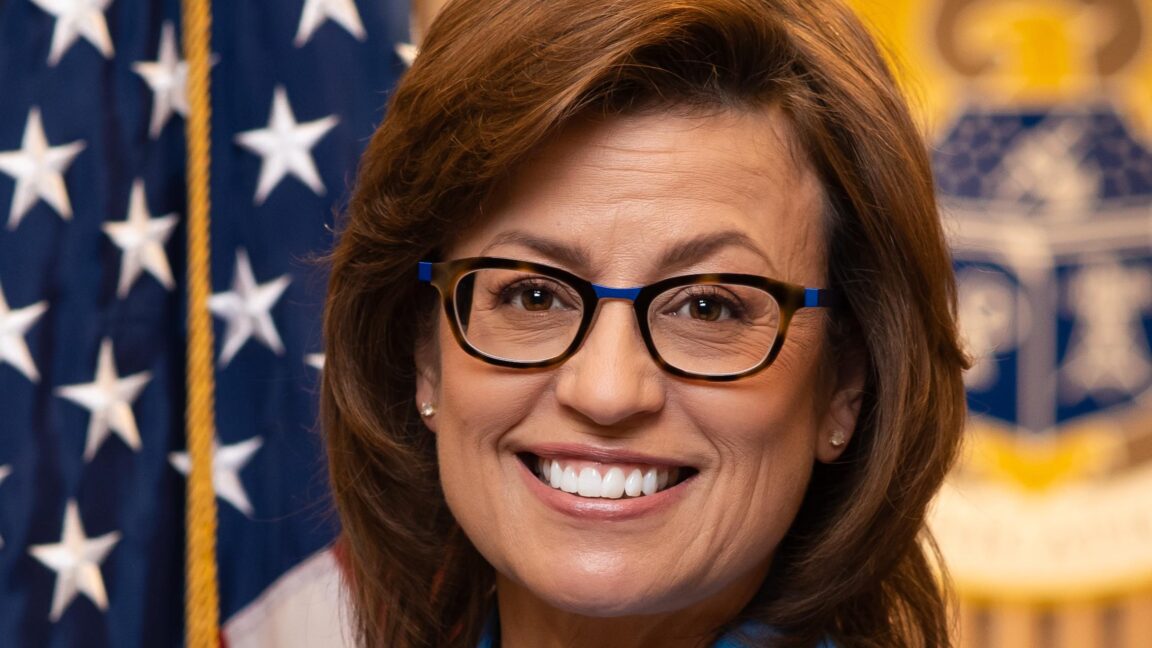



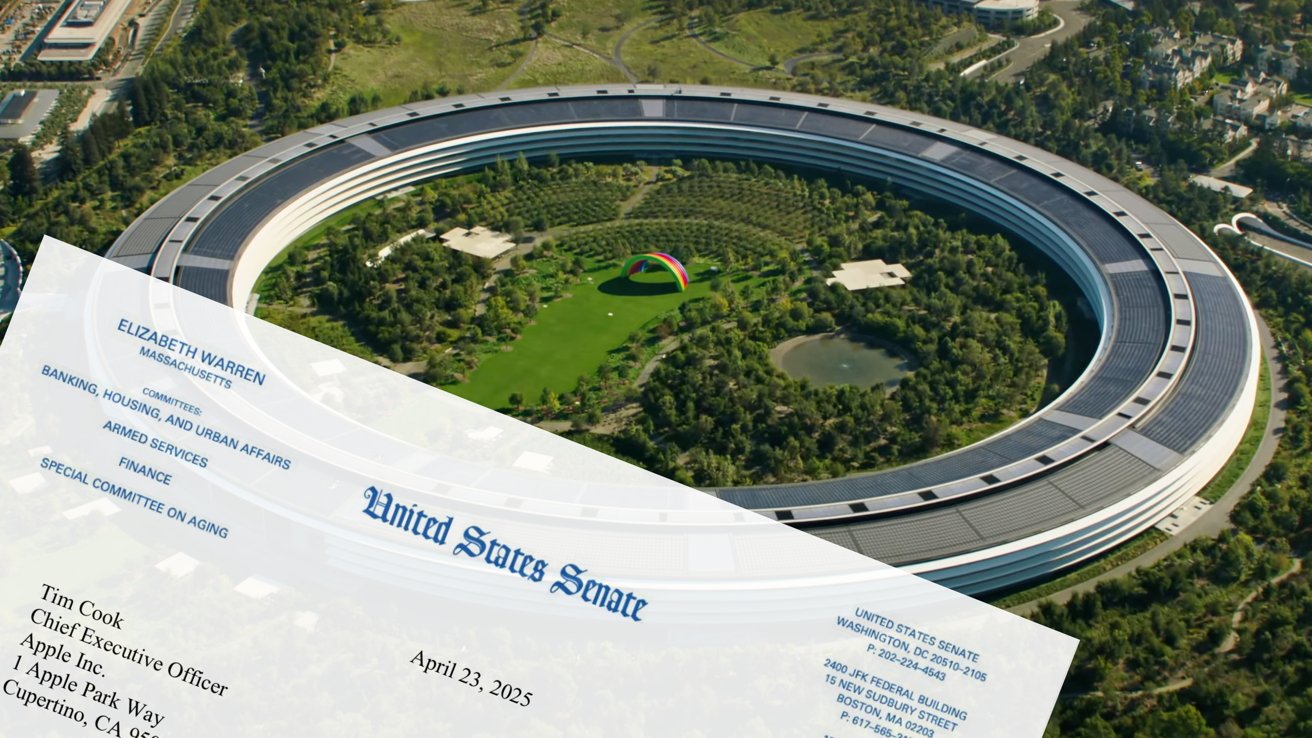
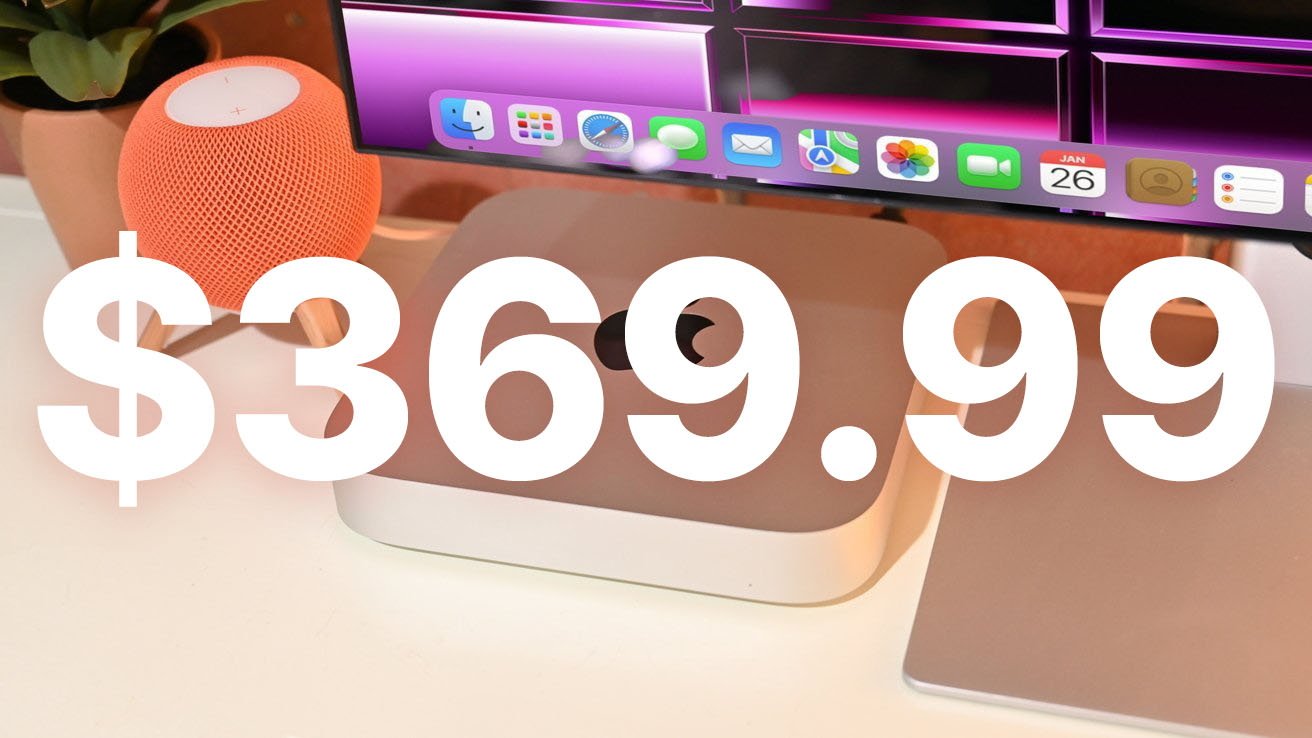
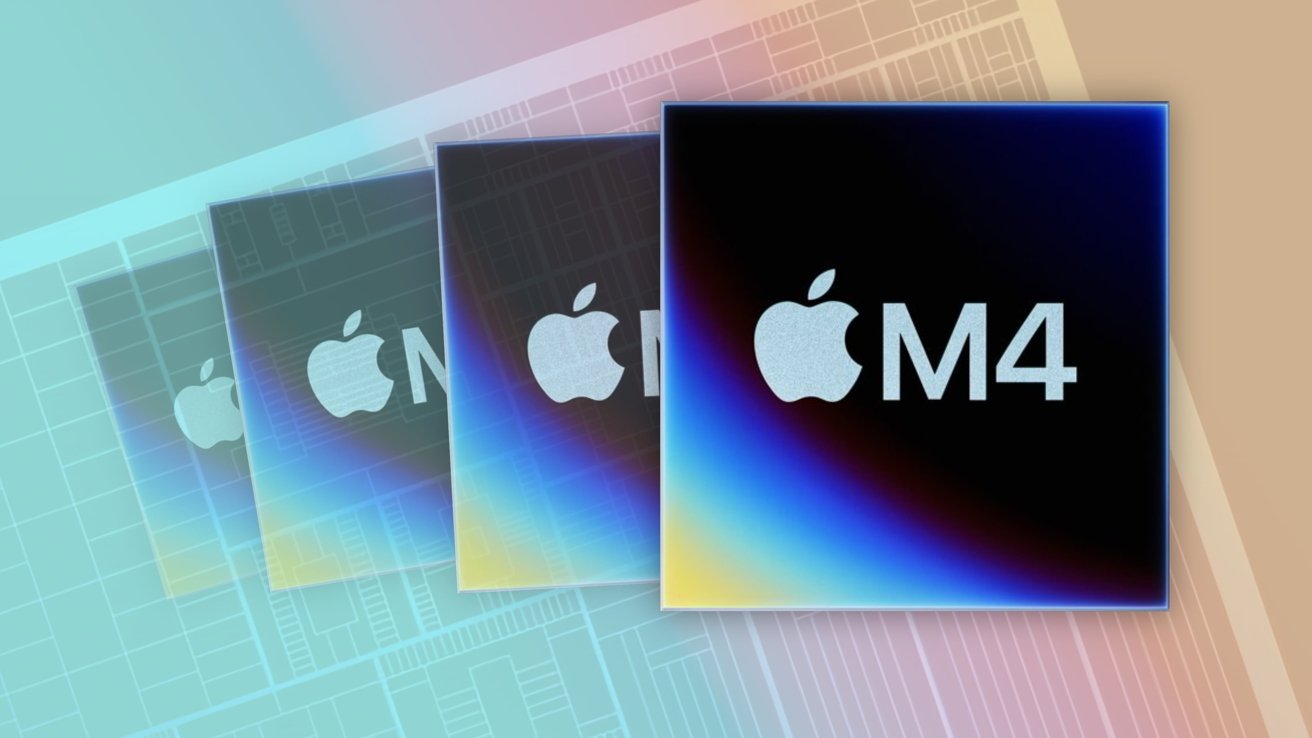

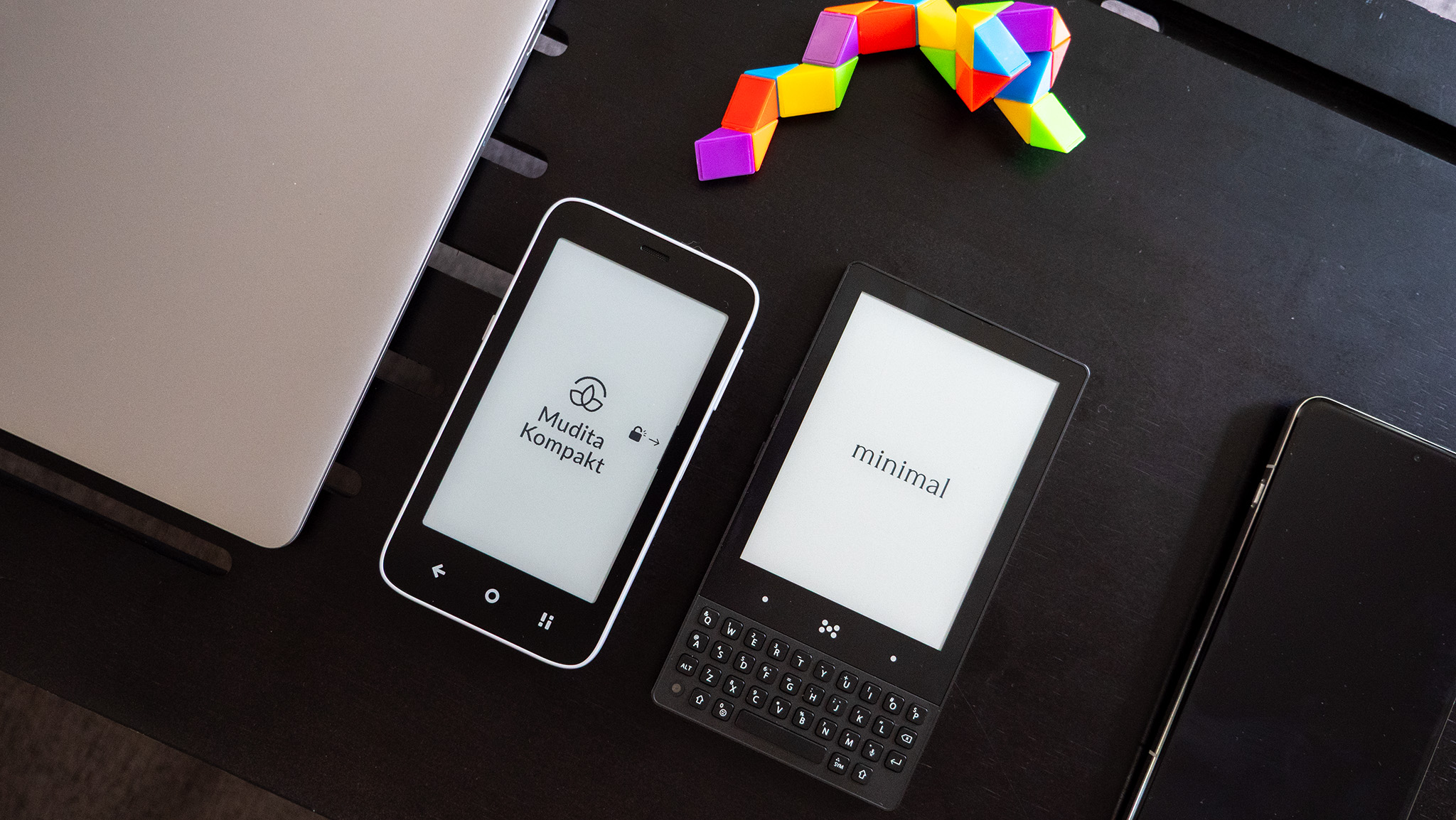
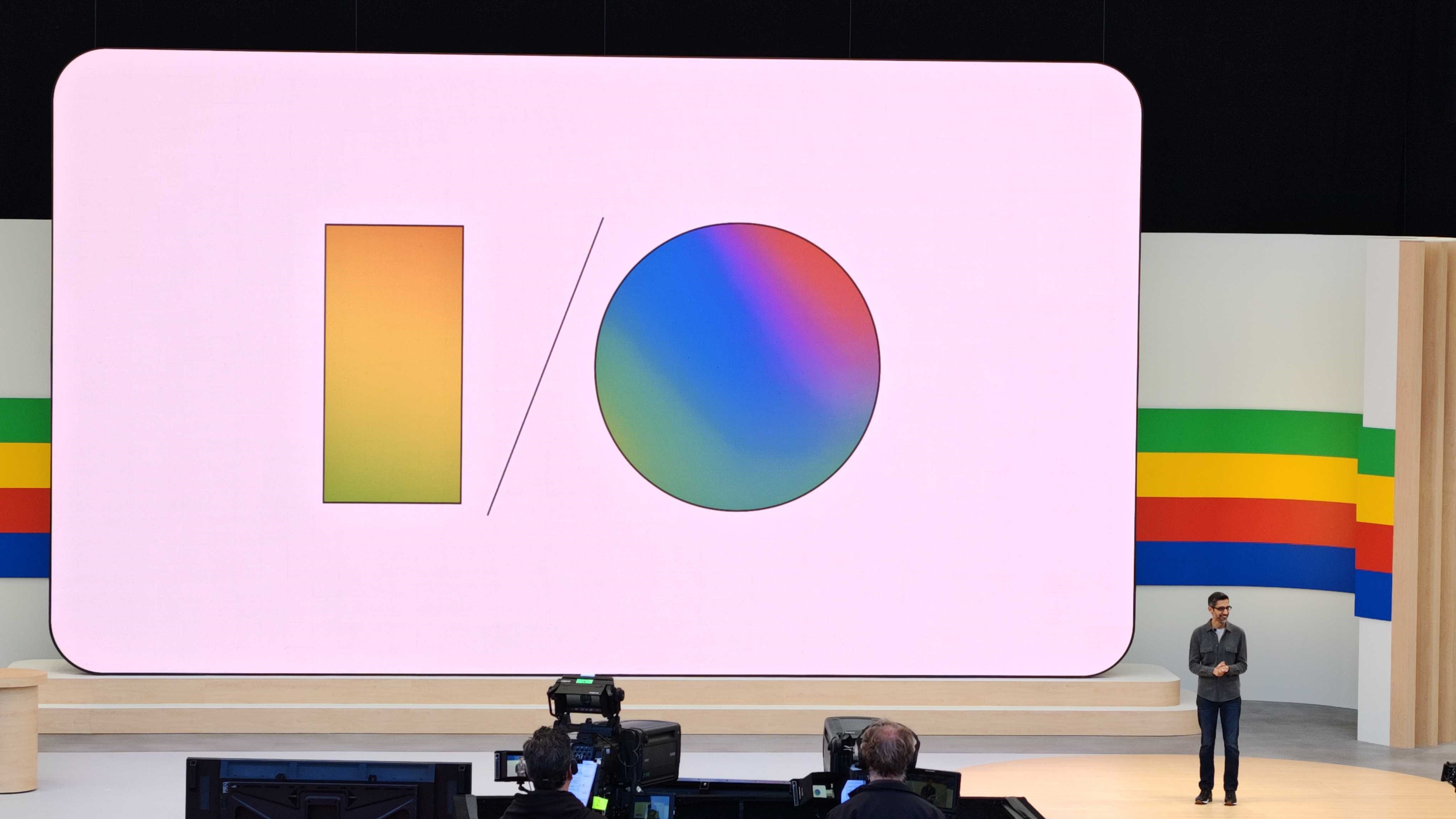


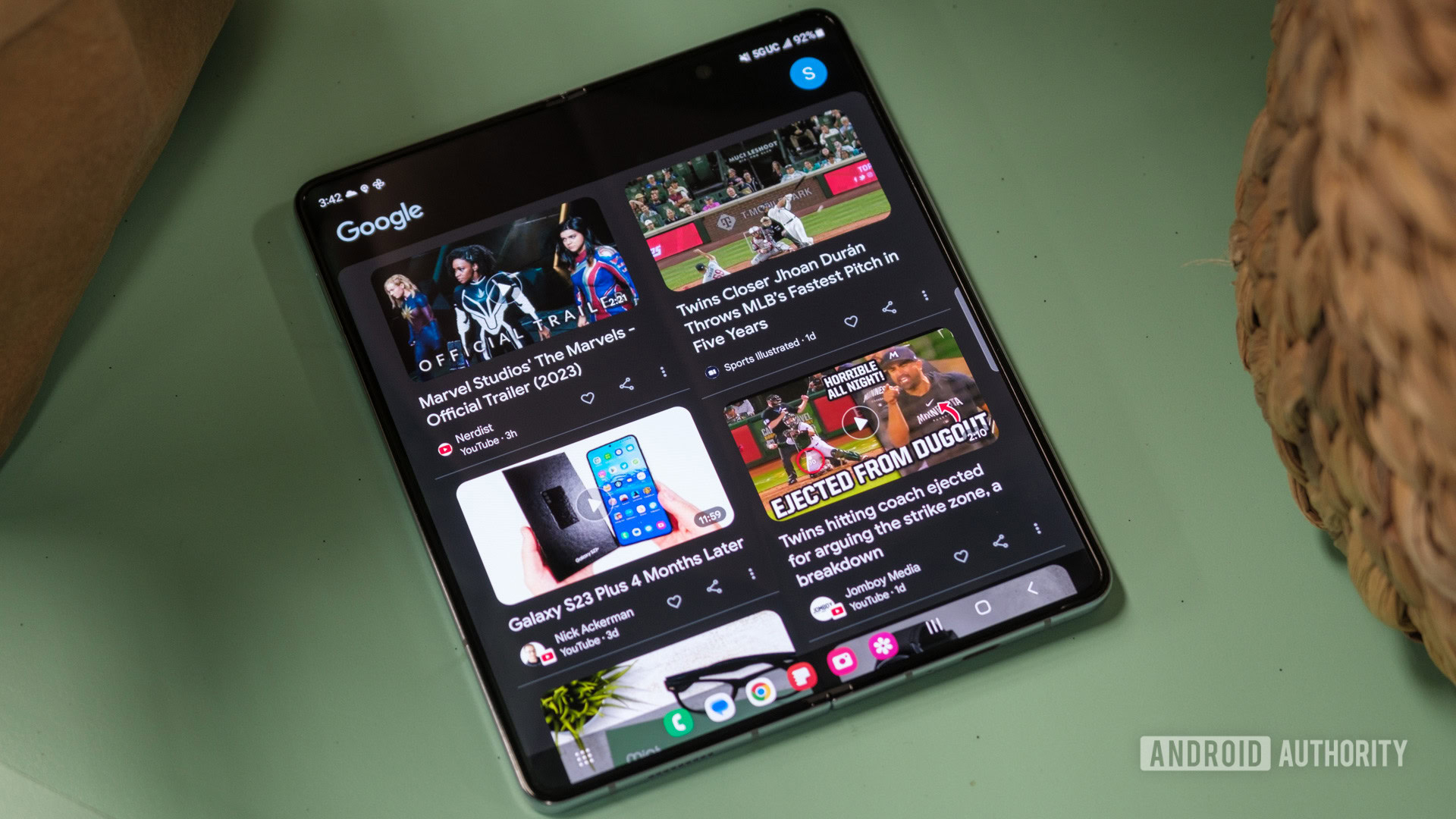


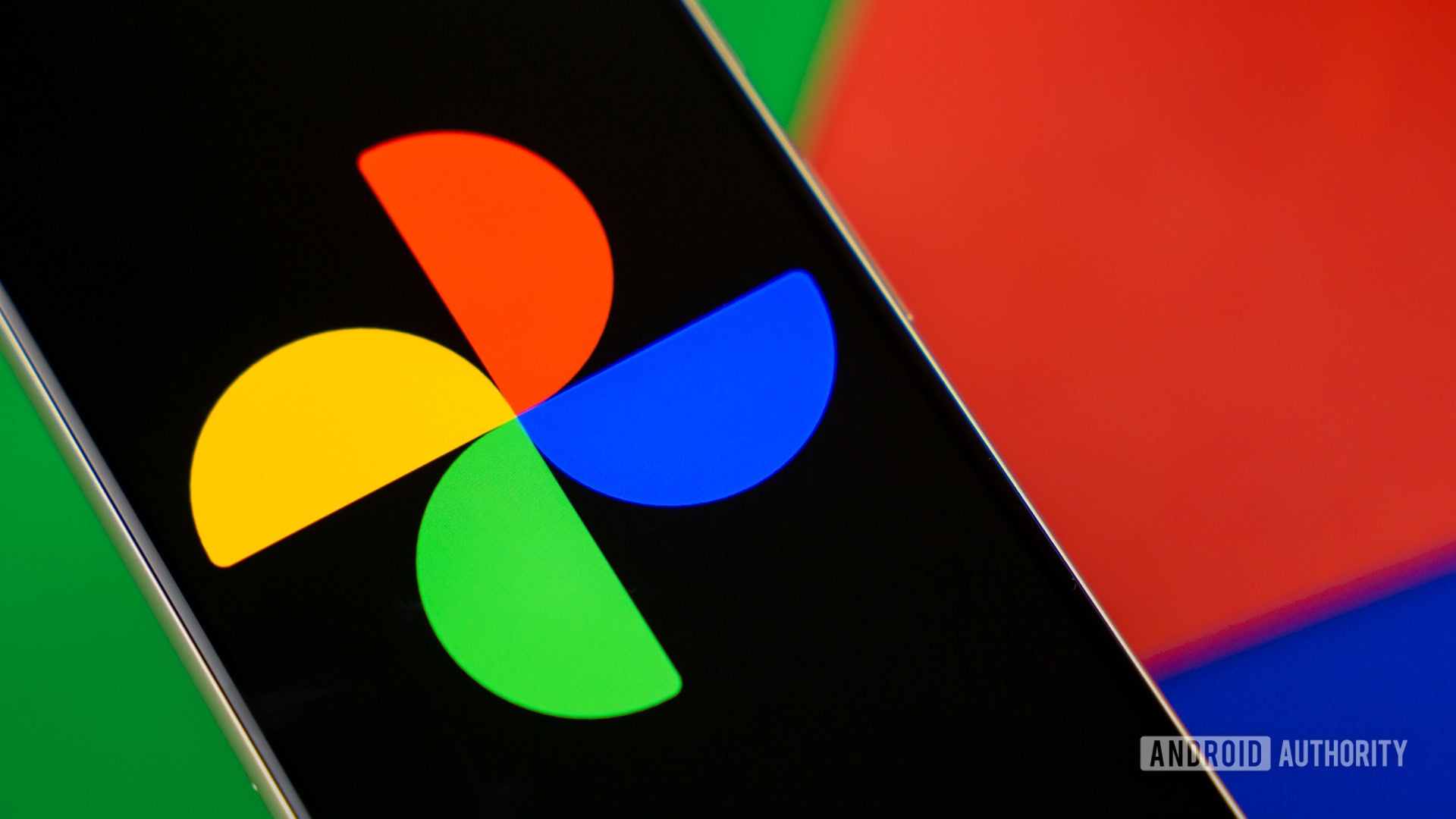



















![New iPhone 17 Dummy Models Surface in Black and White [Images]](https://www.iclarified.com/images/news/97106/97106/97106-640.jpg)


![Hands-On With 'iPhone 17 Air' Dummy Reveals 'Scary Thin' Design [Video]](https://www.iclarified.com/images/news/97100/97100/97100-640.jpg)
















